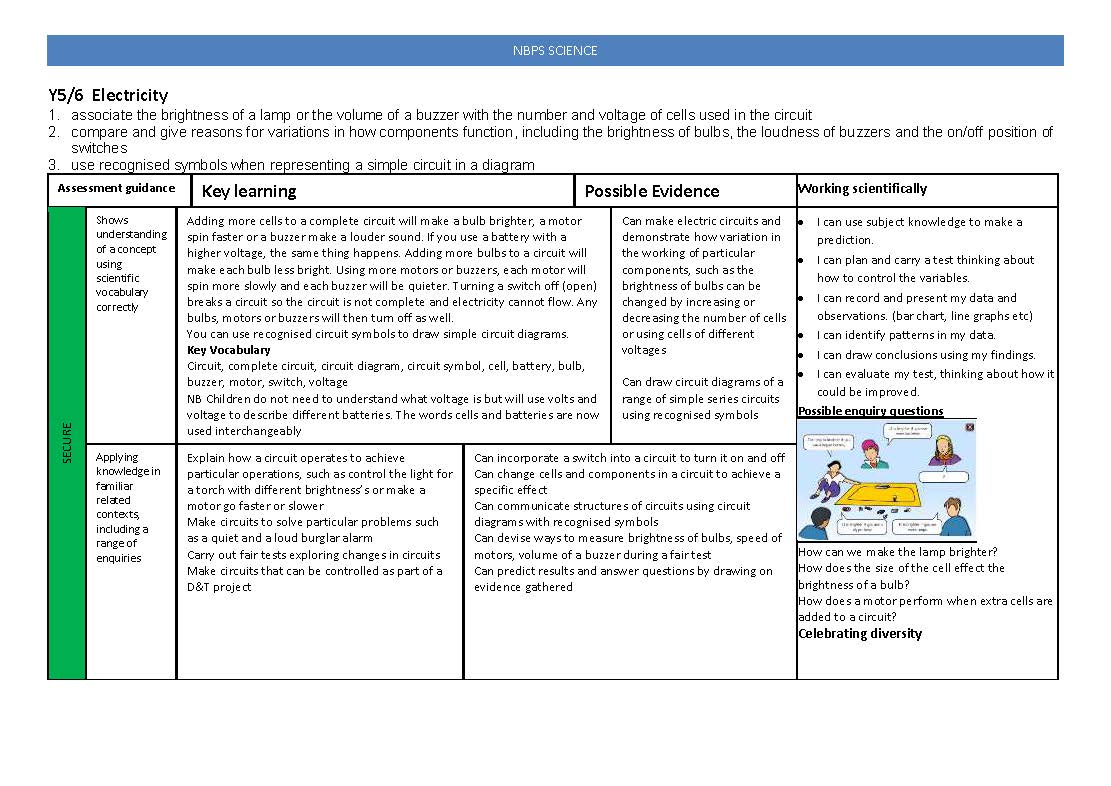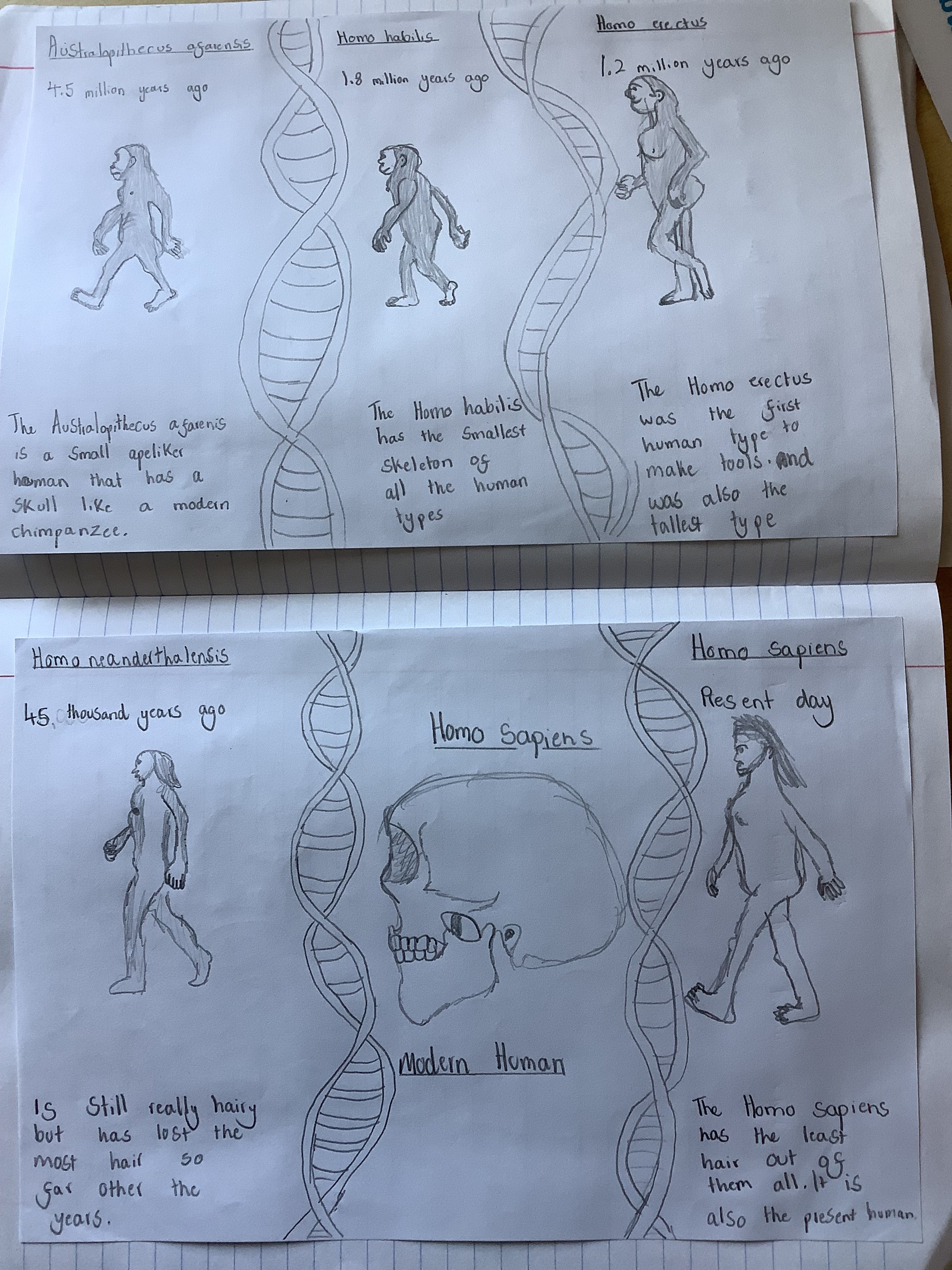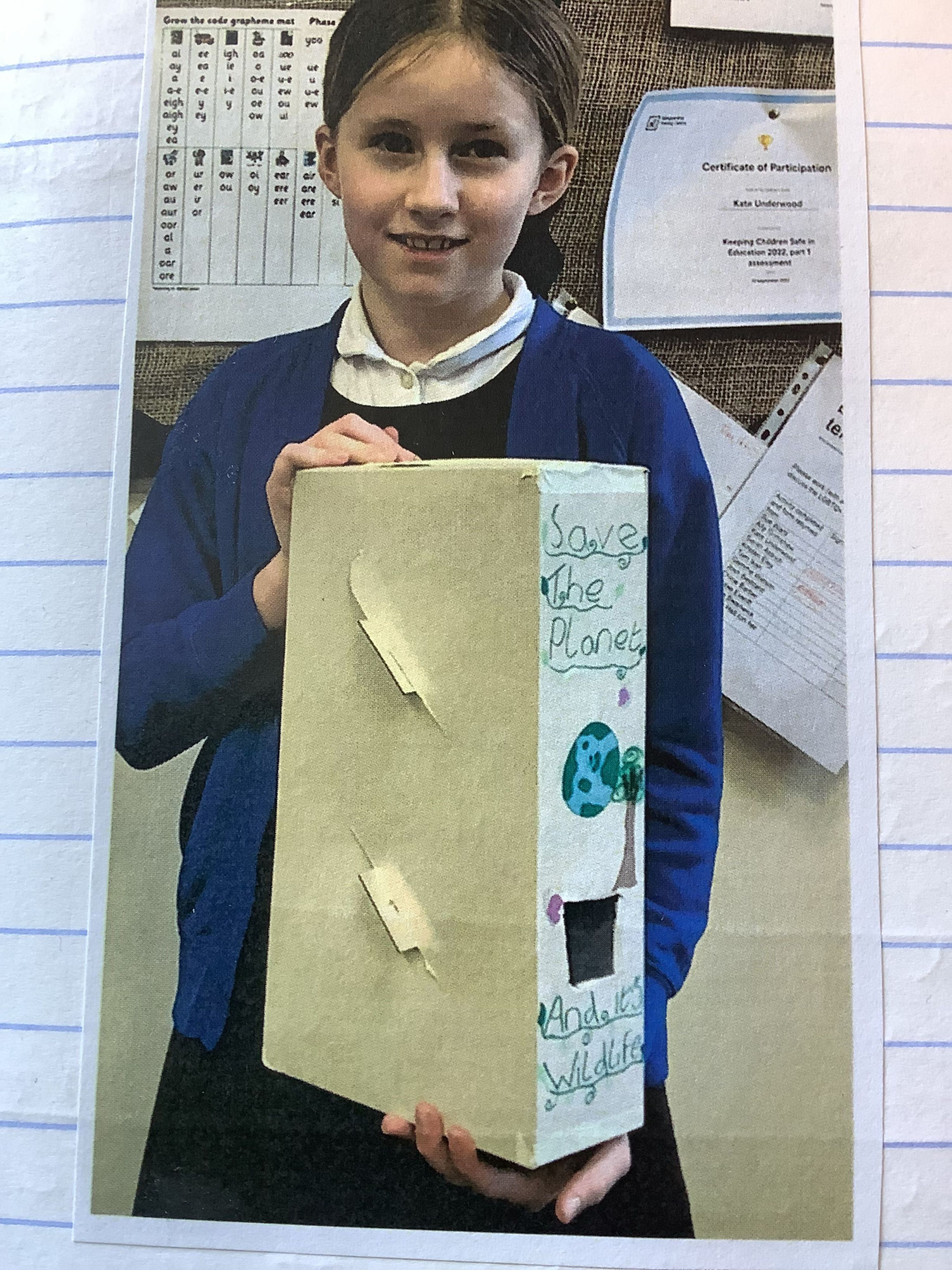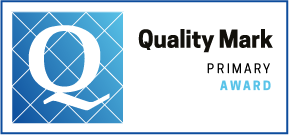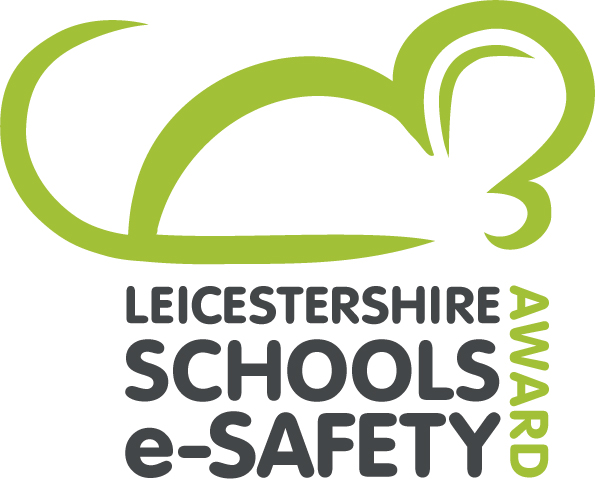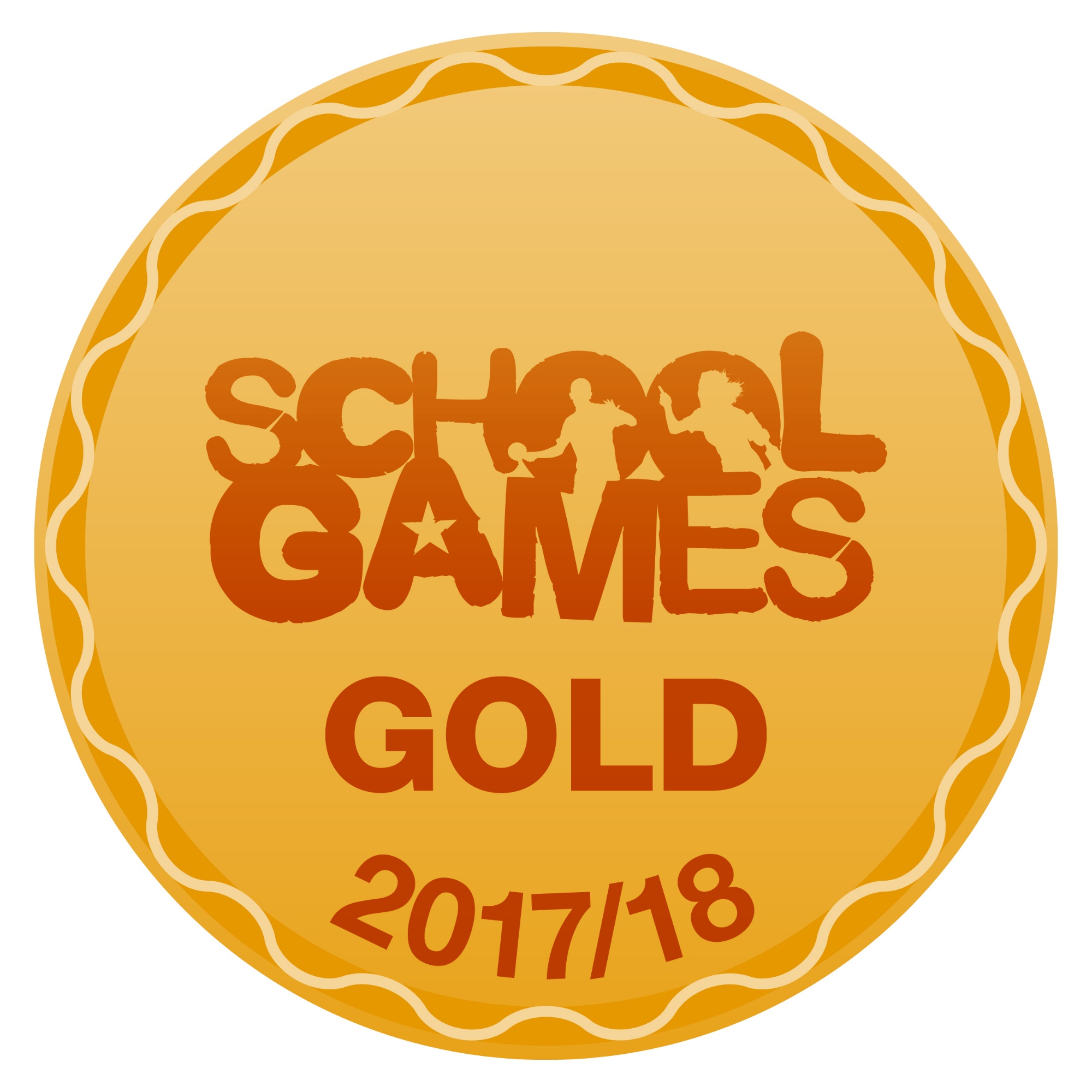Science
Together we make learning
an unmissable, unforgettable adventure.
A high-quality science education provides the foundations for understanding the world through the specific disciplines of biology, chemistry and physics. Science has changed our lives and is vital to the world’s future prosperity, and all pupils should be taught essential aspects of the knowledge, methods, processes and uses of science. Through building up a body of key foundational knowledge and concepts, pupils should be encouraged to recognise the power of rational explanation and develop a sense of excitement and curiosity about natural phenomena. They should be encouraged to understand how science can be used to explain what is occurring, predict how things will behave, and analyse causes.
Our Science Curriculum was last reviewed in 2018-19 following CPD and again in 2021-22.
We are members of the Science Association to support teachers subject knowledge.
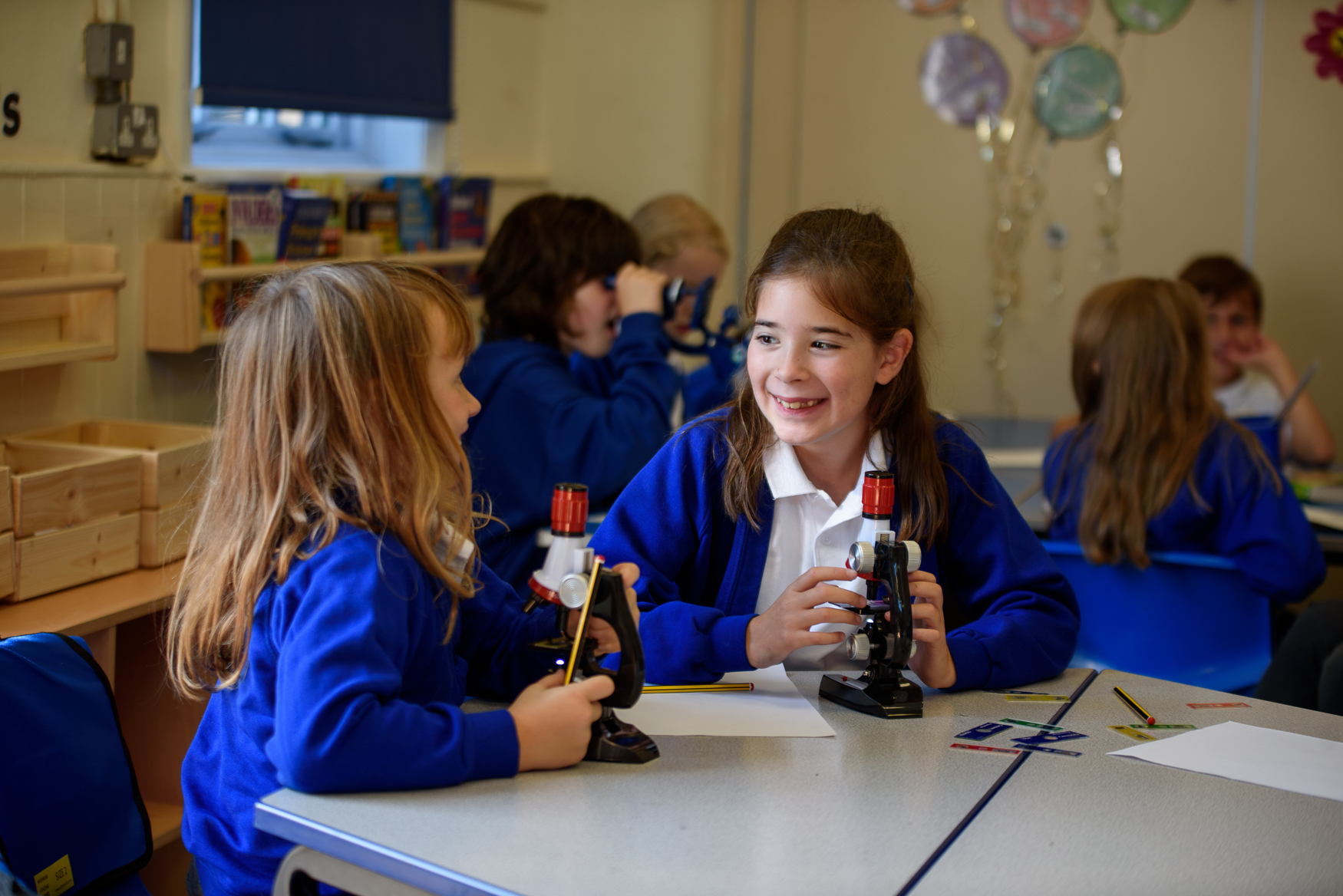
Intent
|
We want all learners to reach at least the expected National Curriculum standard by the end of year 6 and to be keen to continue their studies in key stage 3 and beyond. We want learners to be able to see themselves as Scientists and open to pursuing a career in STEM subjects. The science lesson should be one our learners look forward to and greet with enthusiasm. They should leave lessons wanting to find out more. When studying science, learners will draw on their developing learning habits, making progress in their ability to persevere, work effectively as a team, respect and celebrate difference, ask questions and create. We want learners to be interested in the application of science to life today and for tomorrow. We want our children to understand that not all people were treated equally in the history of science that people of all colour and background have contributed to scientific discovery; that careers in science should not be seen as gender specific. This is the focus for further curriculum development in 2022/23. Our curriculum ensures that pupils understand that:
|
Implementation
|
|
|
Assessment, Recording and Reporting In all subjects there are three broad areas for assessment:
Teachers assess learner’s work, their attitudes, increasing skills, knowledge and understanding, by making informal judgements as they observe them during lessons. This assessment enables planning to be tailored to meet learners needs. Assessment encompasses teacher, peer and self-assessment. In all subjects, opportunities for both Assessment for Learning and Assessment of Learning are built into provision. Learners are supported to reflect on their own learning and, age appropriately, to make judgements about their strengths and needs, beginning to plan how to make progress and set personal targets.
Baseline assessment, in order to understand pupils’ prior learning, is an essential part of planning to ensure new learning is relevant and progress can be assessed. The learners work, in particular baseline assessments and end of unit assessments, which are recorded within learners’ workbooks are used to make decisions at the end of each unit, and at the end of each year, as to next learning steps and whether or not learners are making strong progress and are on track for end of key stage expectation. Progress is recorded and reported to parents as part of the child’s annual school report. Special Educational Needs |
Science is taught to all children, whatever their ability, in accordance with the school curriculum policy of providing a broad and balanced education to all children. Teachers provide learning opportunities matched to the needs of children with learning difficulties.
Our curriculum Drivers in Science
Reading
Membership of creative learning services gives us access to exciting new books about the world of science. A subscription to Whizz Pop bang Science encourages all pupils to read widely.
Character
In science, we promote the importance of global citizenship by considering our impact on the world around us, researching and reviewing the work of influential scientists and introducing the children to global issues such as global warming, the use of plastics and the effect of pollution and deforestation on habitats around the world. This helps to produce an awareness of the fragility of our world, and how we can impact this.
The science learning curriculum at Newton has no prejudices. It is accessible by all children and demonstrates to all of the children that anyone can be a scientist. We consider all areas of science and look at the lives of inspirational scientists from different backgrounds.
Creativity, reasoning and communication
At Newton, we place an emphasis on the children’s independent science thinking. Often providing a problem to solve, the equipment with which to do it, and then allow the children to creatively and collaboratively solve the problem. This allows the children to develop a sense of worth in their ideas and also spark their passion for science.
Working with our STEM Ambassadors
We have already worked with some fantastic STEM ambassadors this year as a part of our work to promote STEM subjects and careers for all children.
Class 3 have had a fantastic workshop with Simon Wright, an engineer on the RRS Sir David Attenborough ship. They found out about the job of an engineer as well as finding out about the fantastic expeditions they had been on. Our children had lots of questions and felt inspired by the things that they had seen and talked about. Simon will be returning in the Spring to work with more of the children in our school. We can't wait!
Paul Kennedy, who works in cybersecurity, came to tell us a bit about his job in an assembly. He talked to us about the importance of numbers in his work. The children enjoyed a fantastic assembly about "What's your favourite number". Following the assembly the children all wanted to know what was special about their favourite numbers.
Impact
|
Prior to the pandemic:
As a result of the pandemic pupils have:
|
By following the assess, plan, do, review cycle teachers identified areas which needed more or less focus over the last 2 years to support all pupils to make strong progress from starting points. An engineering club was in place to enrich learning for pupils in KS2, post covid, alongside a sound engineering club. (2021/22).
As result, all pupils are on track to make strong progress from foundation to year 6.
As we move forward into 23/24 showcasing diversity in science achievements globally, to support our pupils for life in a modern and diverse society is our focus for development.
The national curriculum
The national curriculum for science aims to ensure that all pupils:
- develop scientific knowledge and conceptual understanding through the specific disciplines of biology, chemistry and physics
- develop understanding of the nature, processes and methods of science through different types of science enquiries that help them to answer scientific questions about the world around them
- are equipped with the scientific knowledge required to understand the uses and implications of science, today and for the future.
Science in early years foundation stage
Learners in foundation stage are taught within a mixed age class. They actively engage with the science curriculum through play.
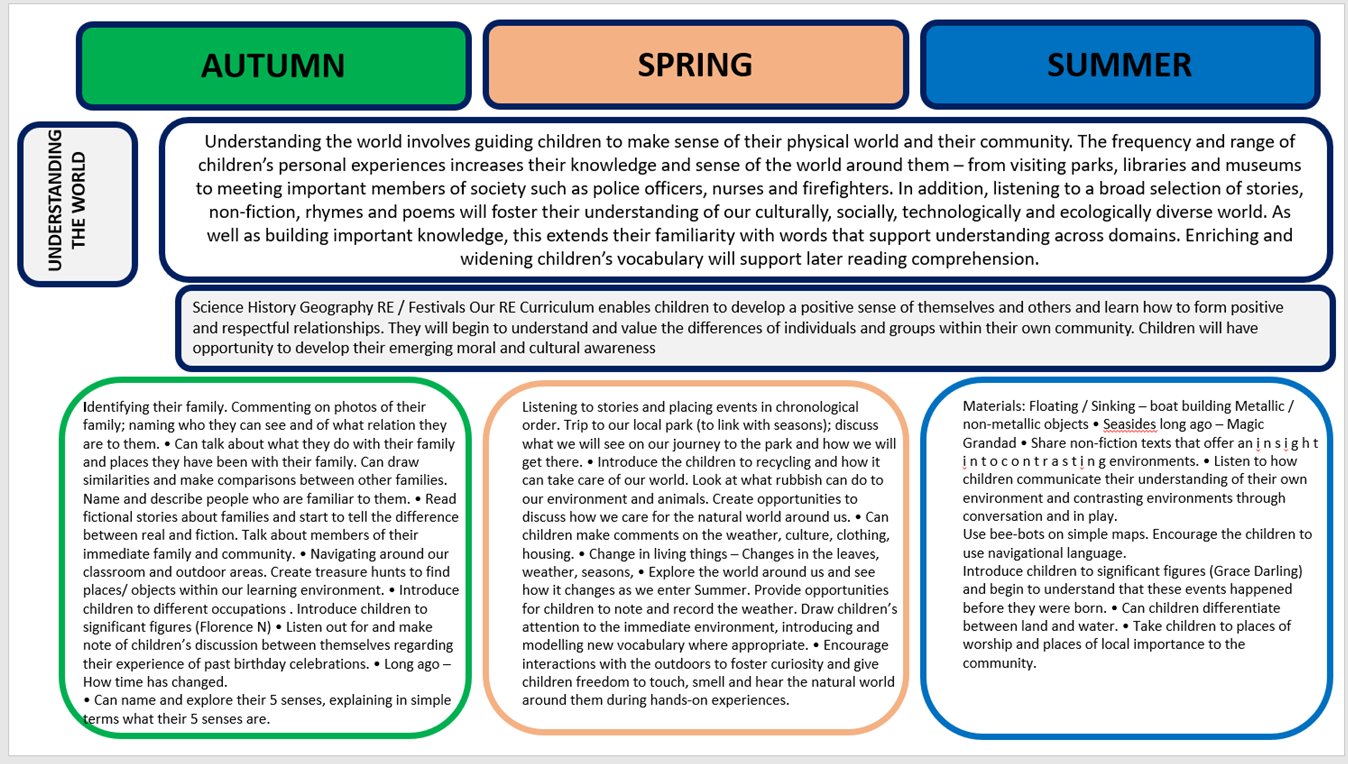
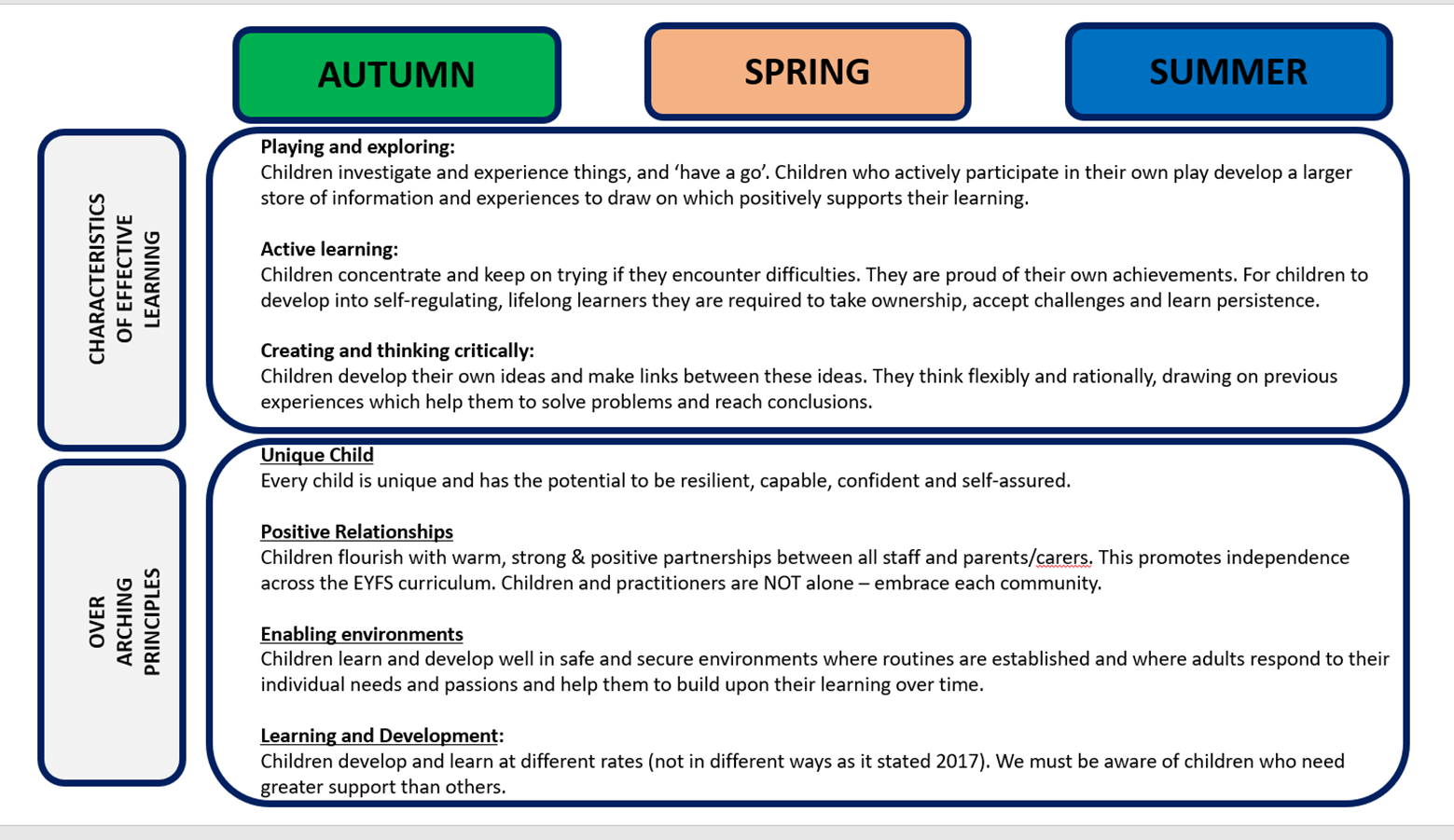
Organisation of learning
Units of learning in foundation and Year1 are organised so that pupils can meet learning objectives in both year 1 and foundation – securing and deepening knowledge This knowledge and understanding is further secured and extended in year 2. Some early scientific knowledge, which is further developed in KS2, is explored through cross-curricular themes in key stage 1: Sound, Earth in space and forces. Music, history, design technology respectively)
Knowledge about humans, plants and animals develops and deepens from foundation to year 6 connections are made between different units of study and learning in geography (biomes and climate)
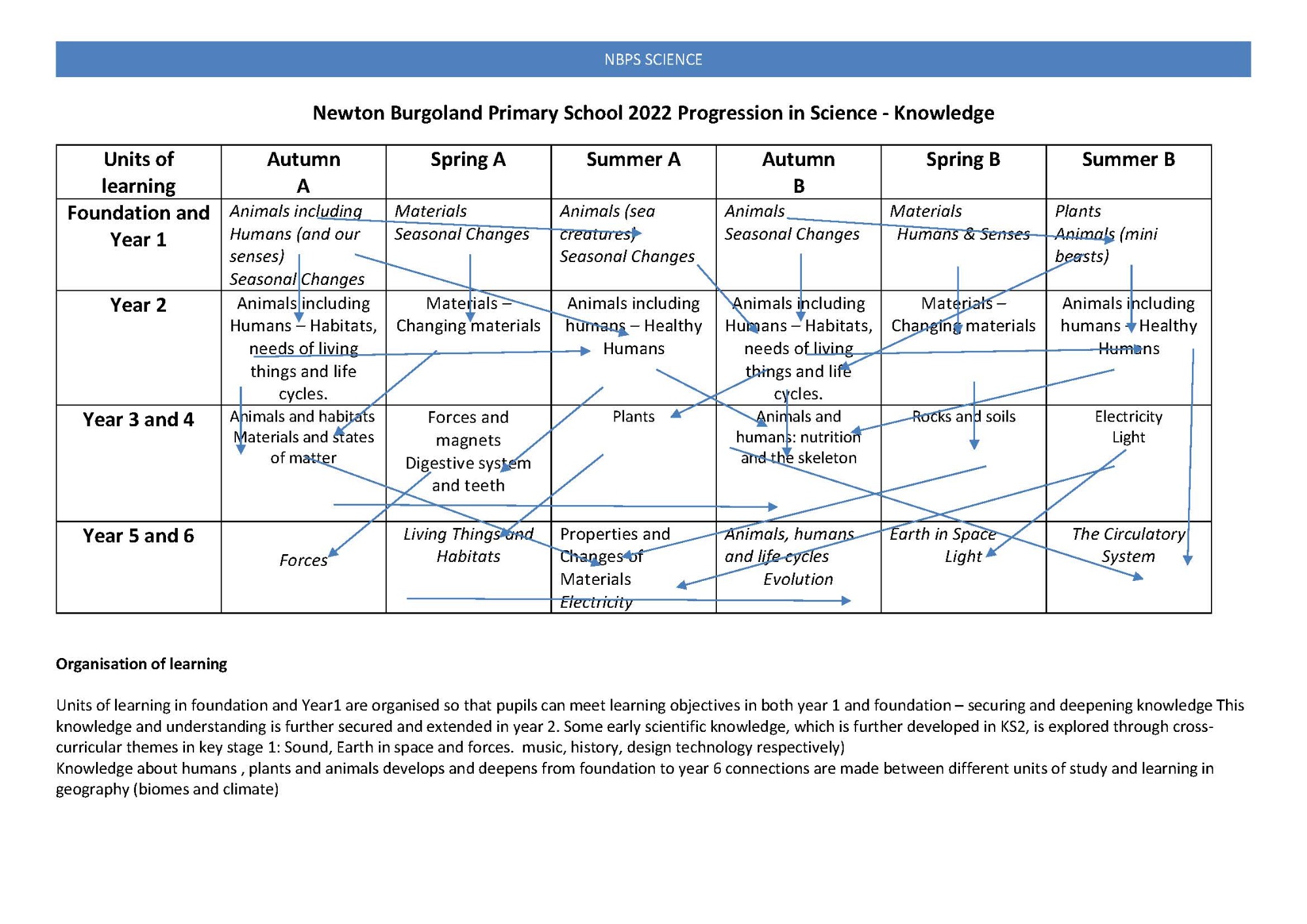
Year 1 and foundation units
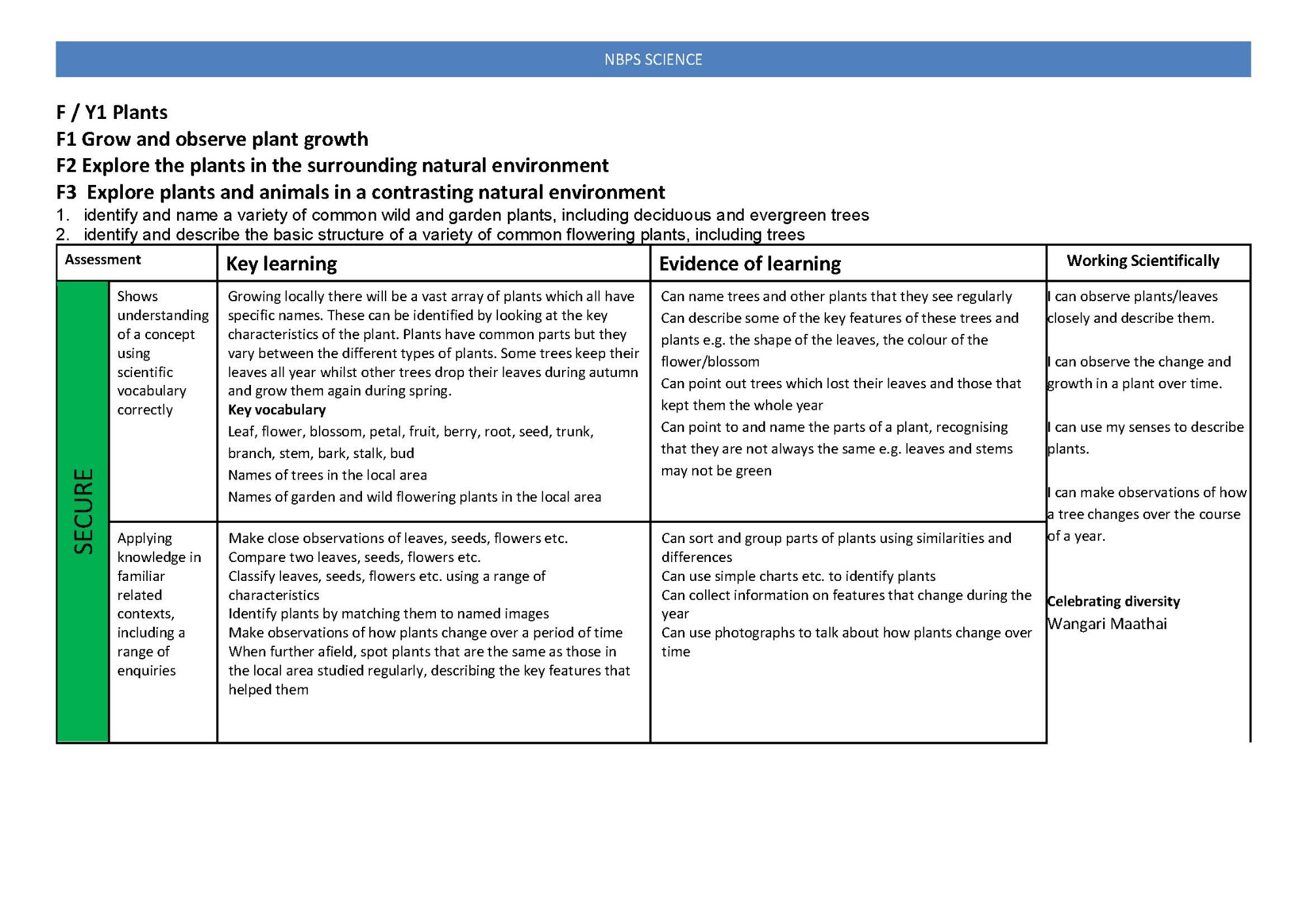
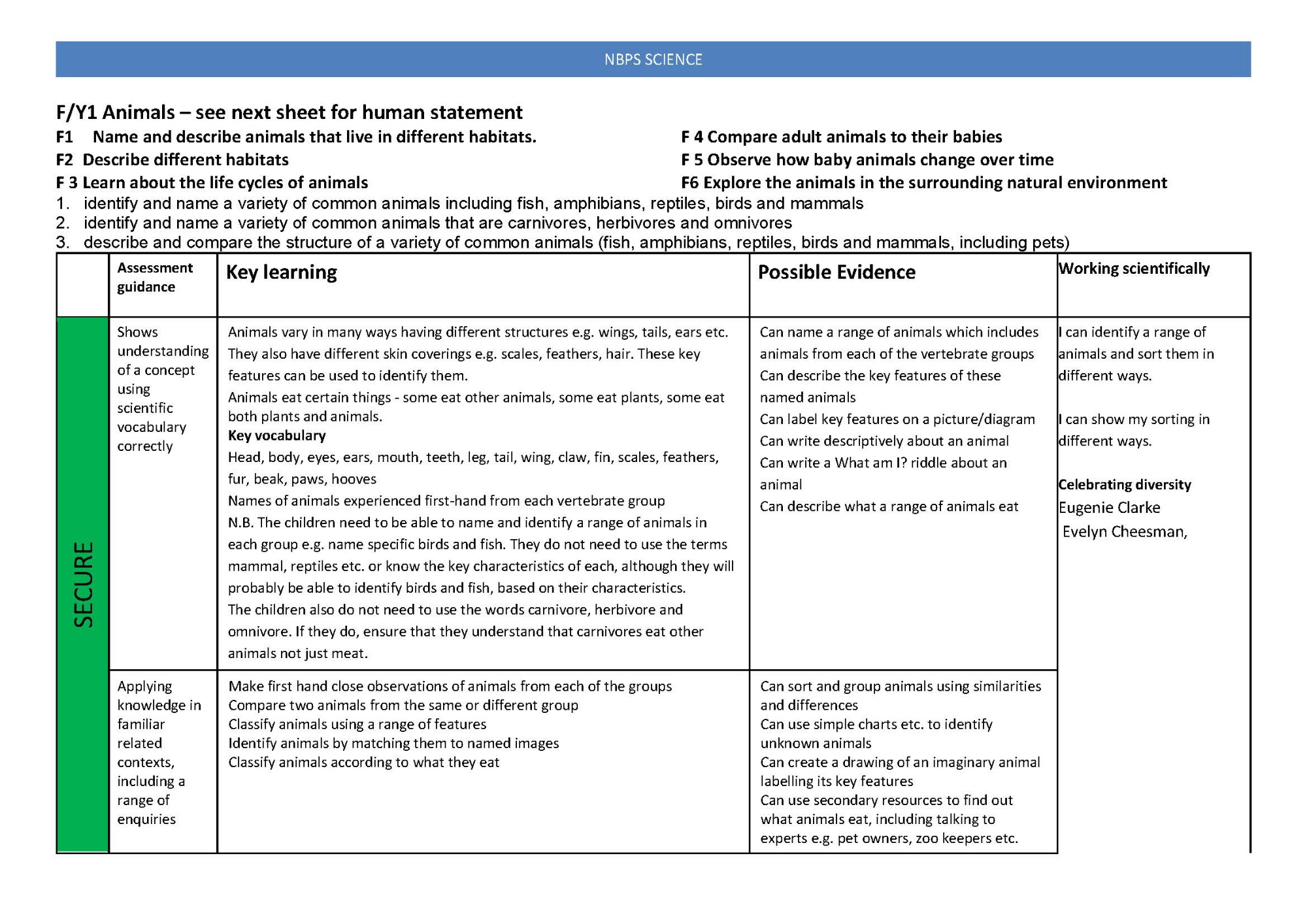
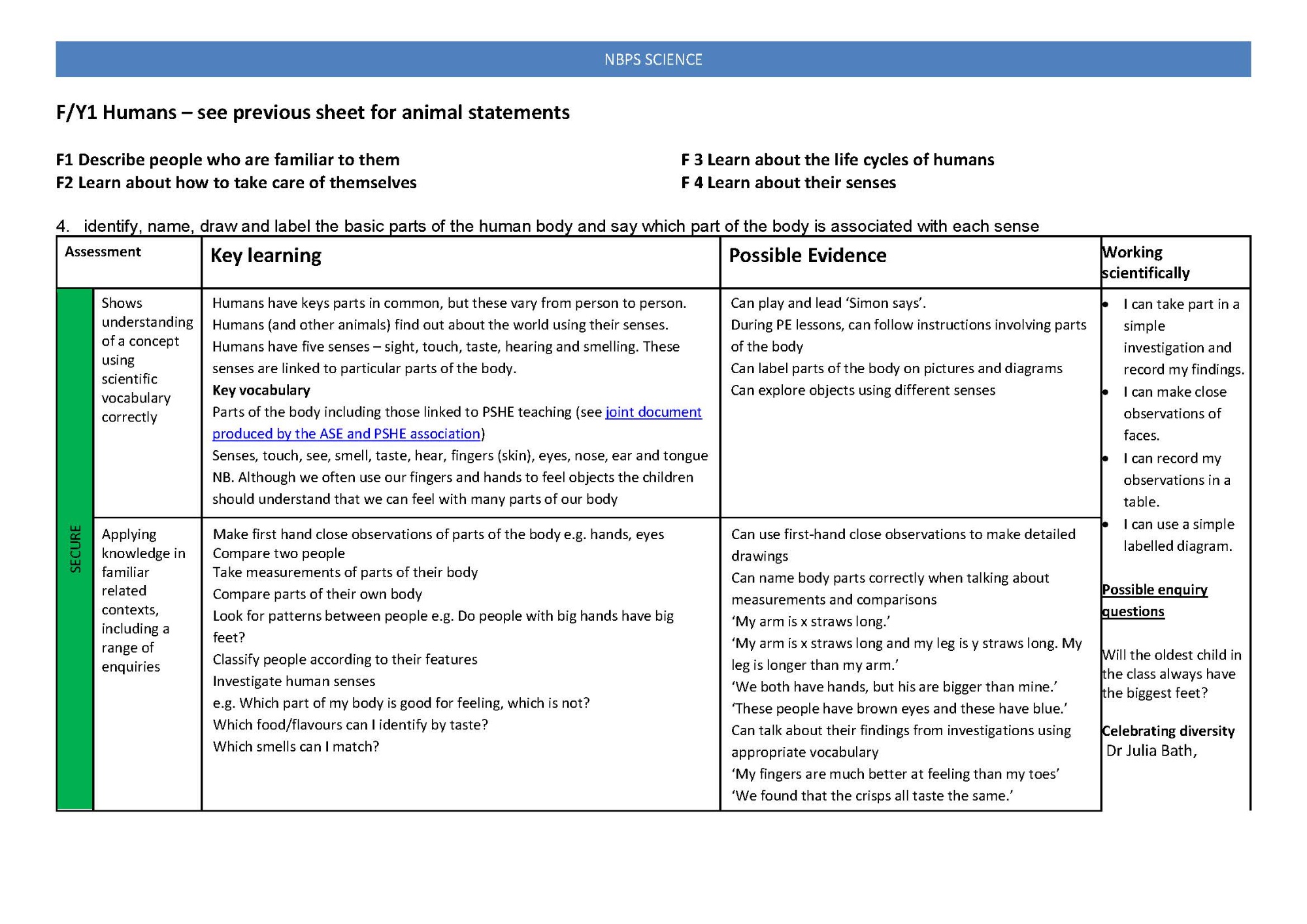
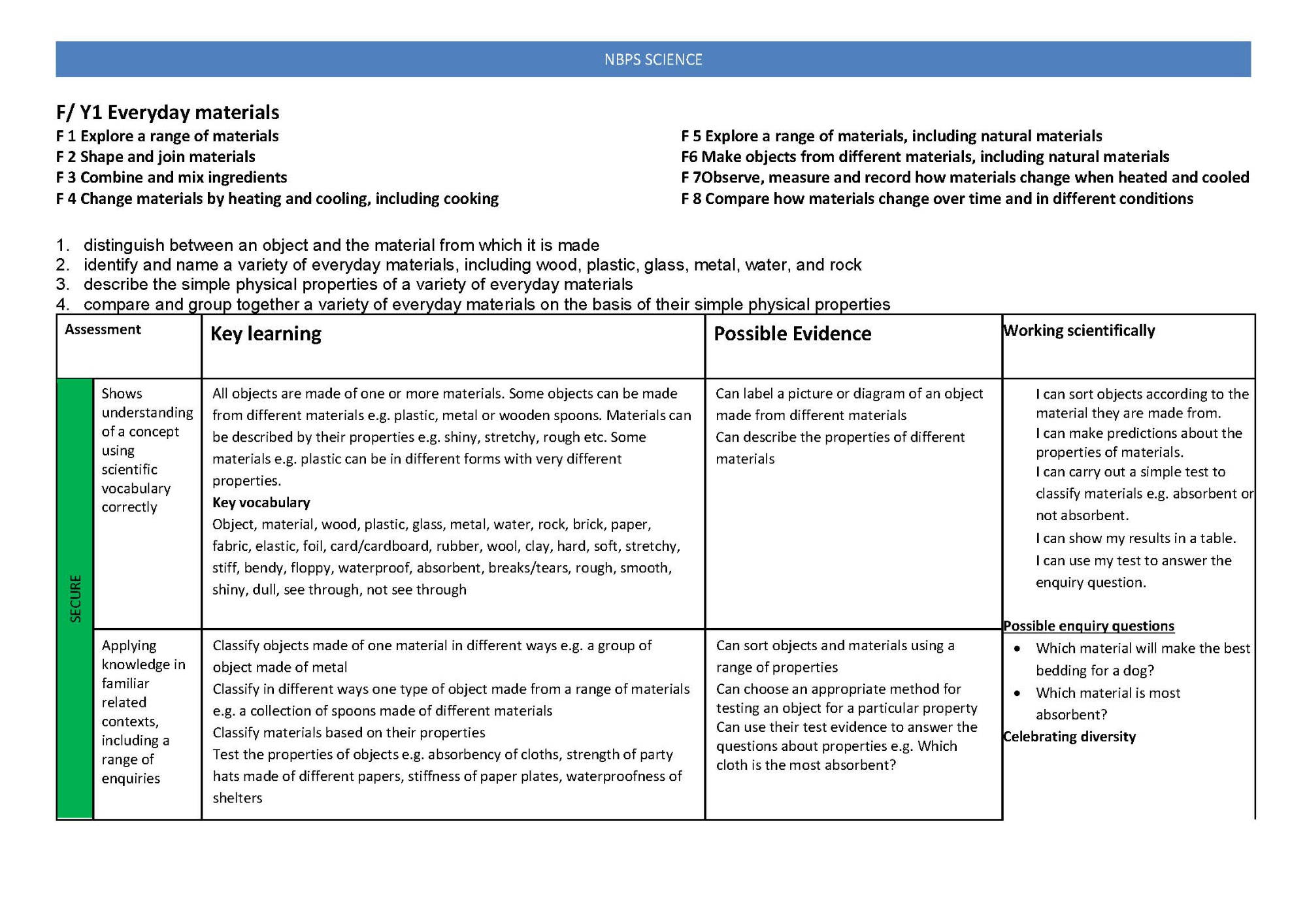
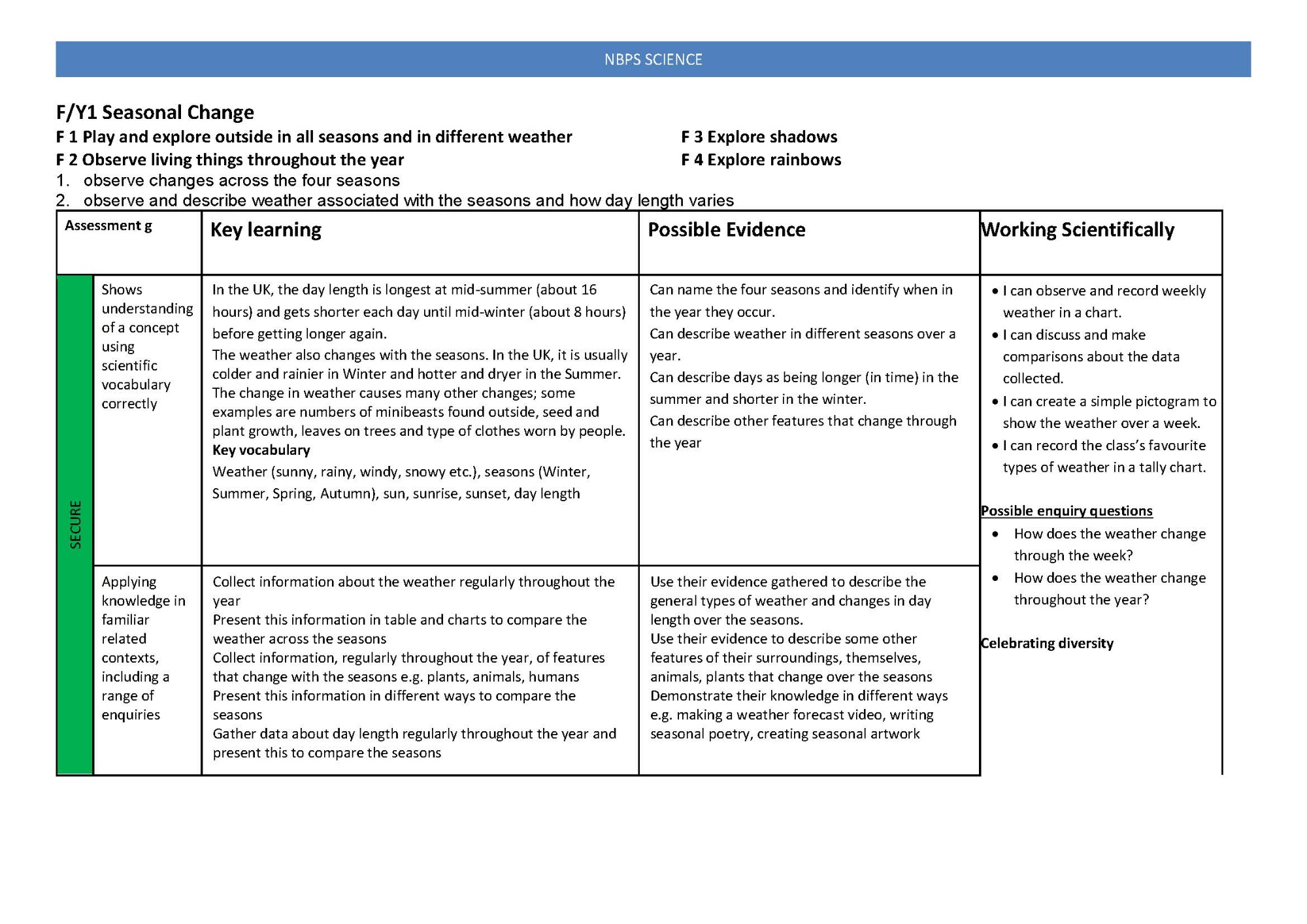
year 2 units
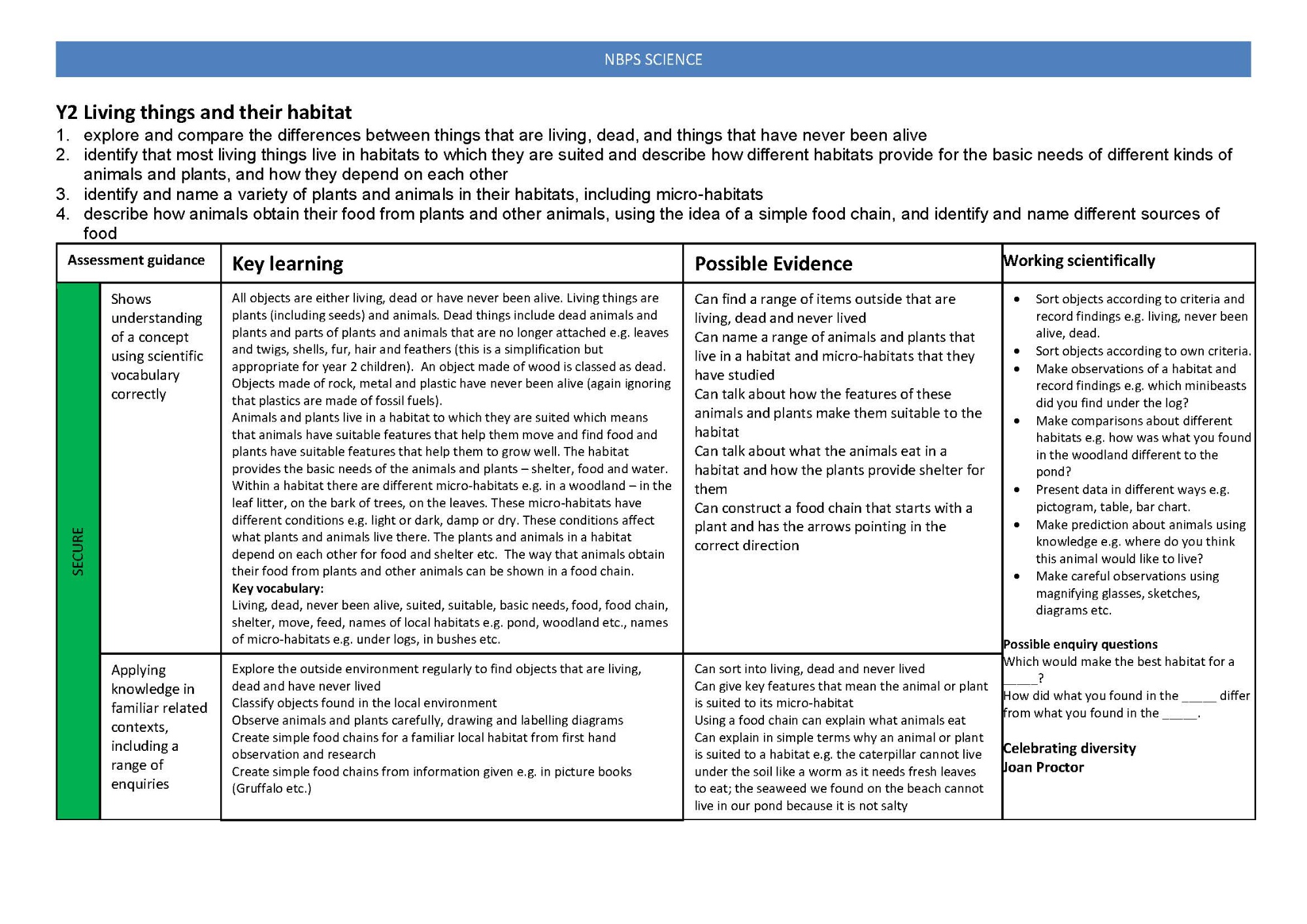
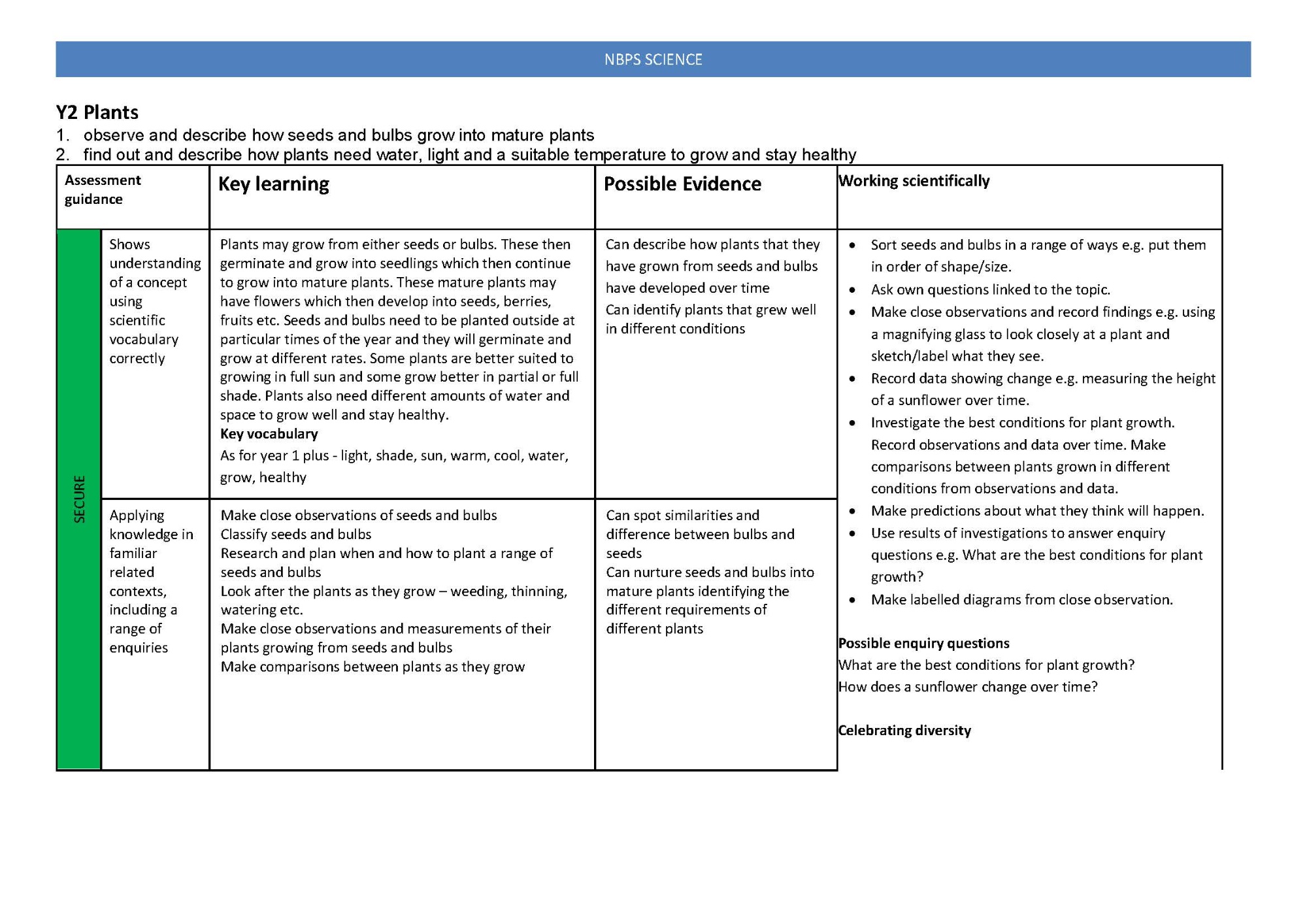
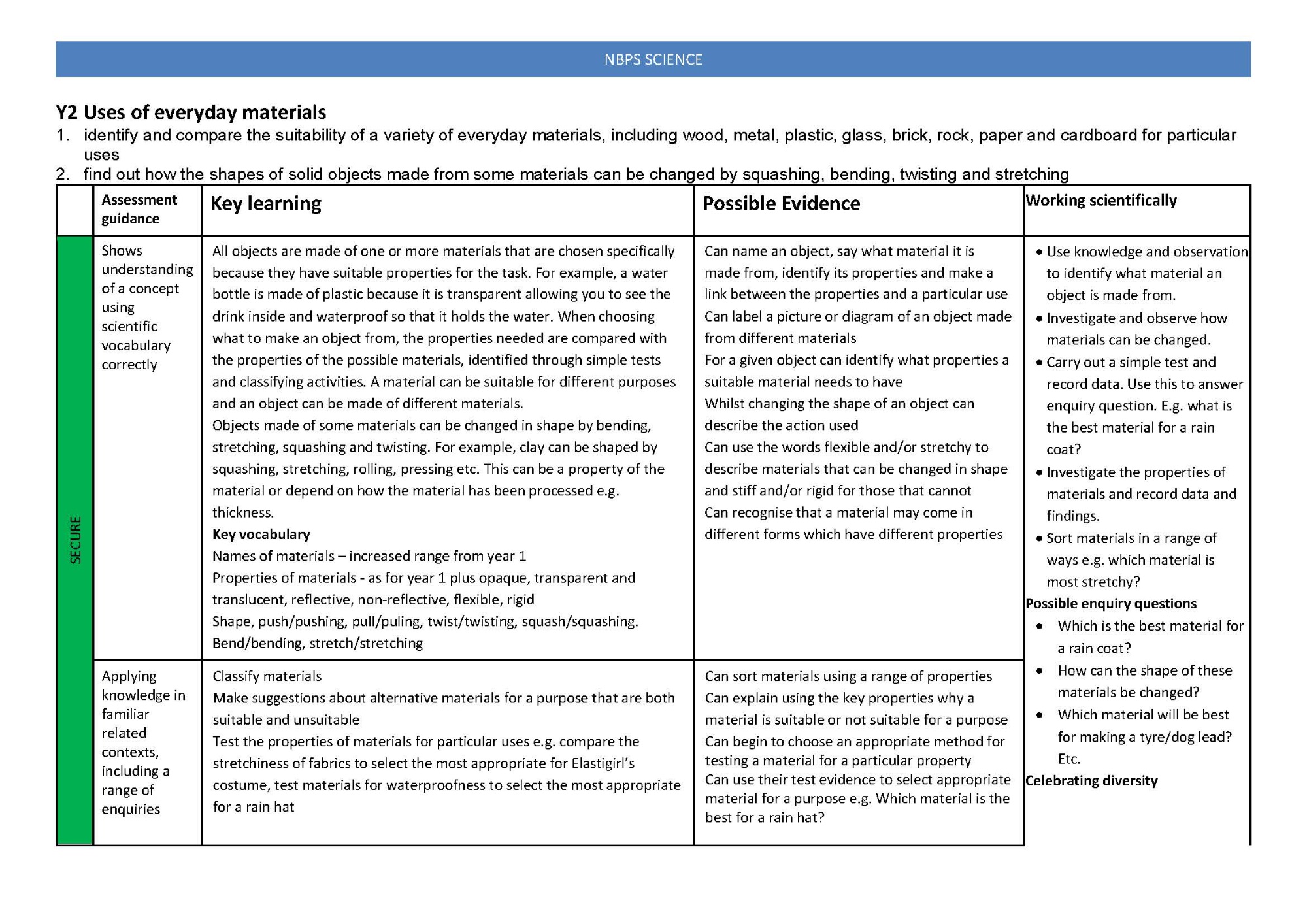
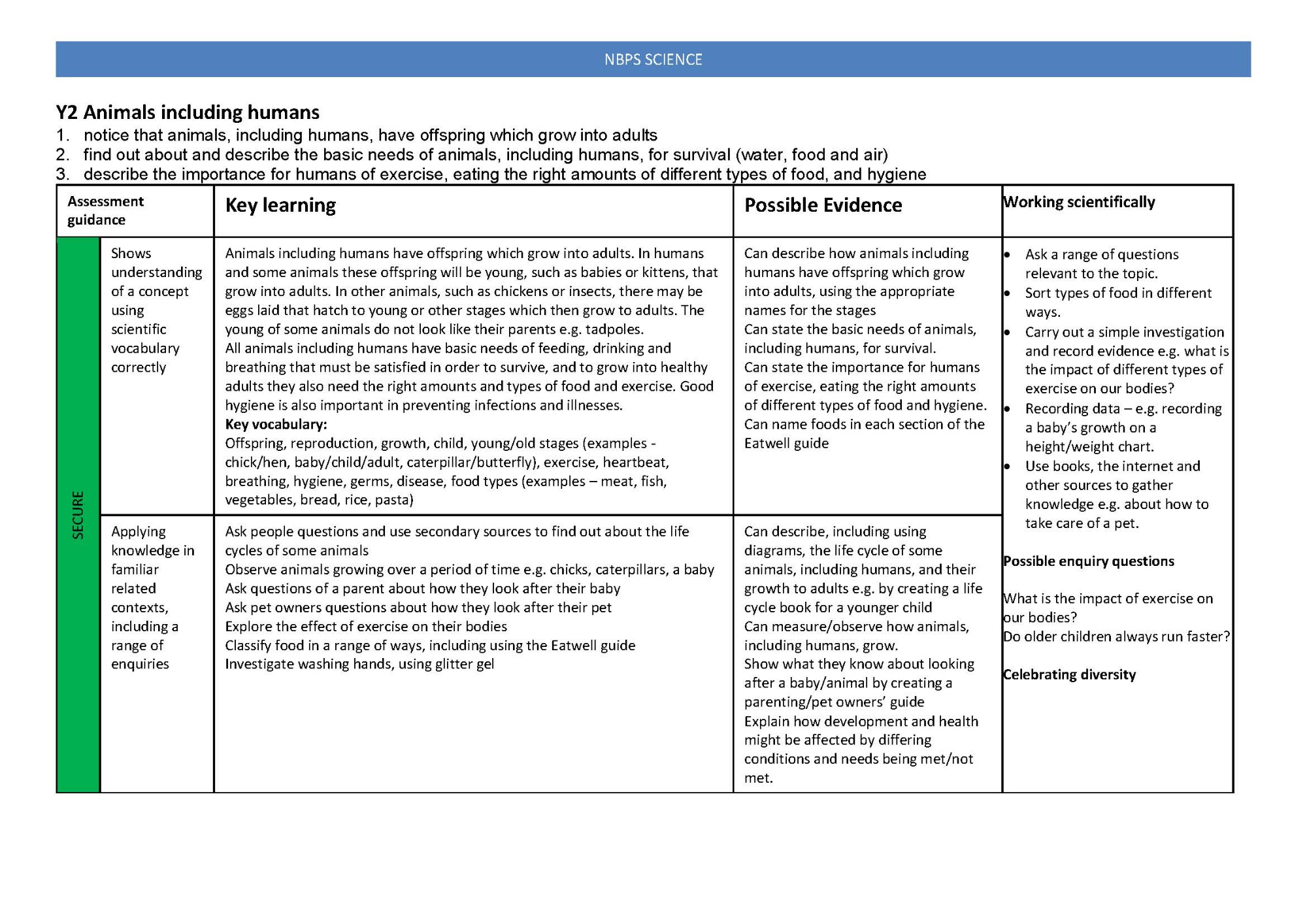
Year 3 and 4 units
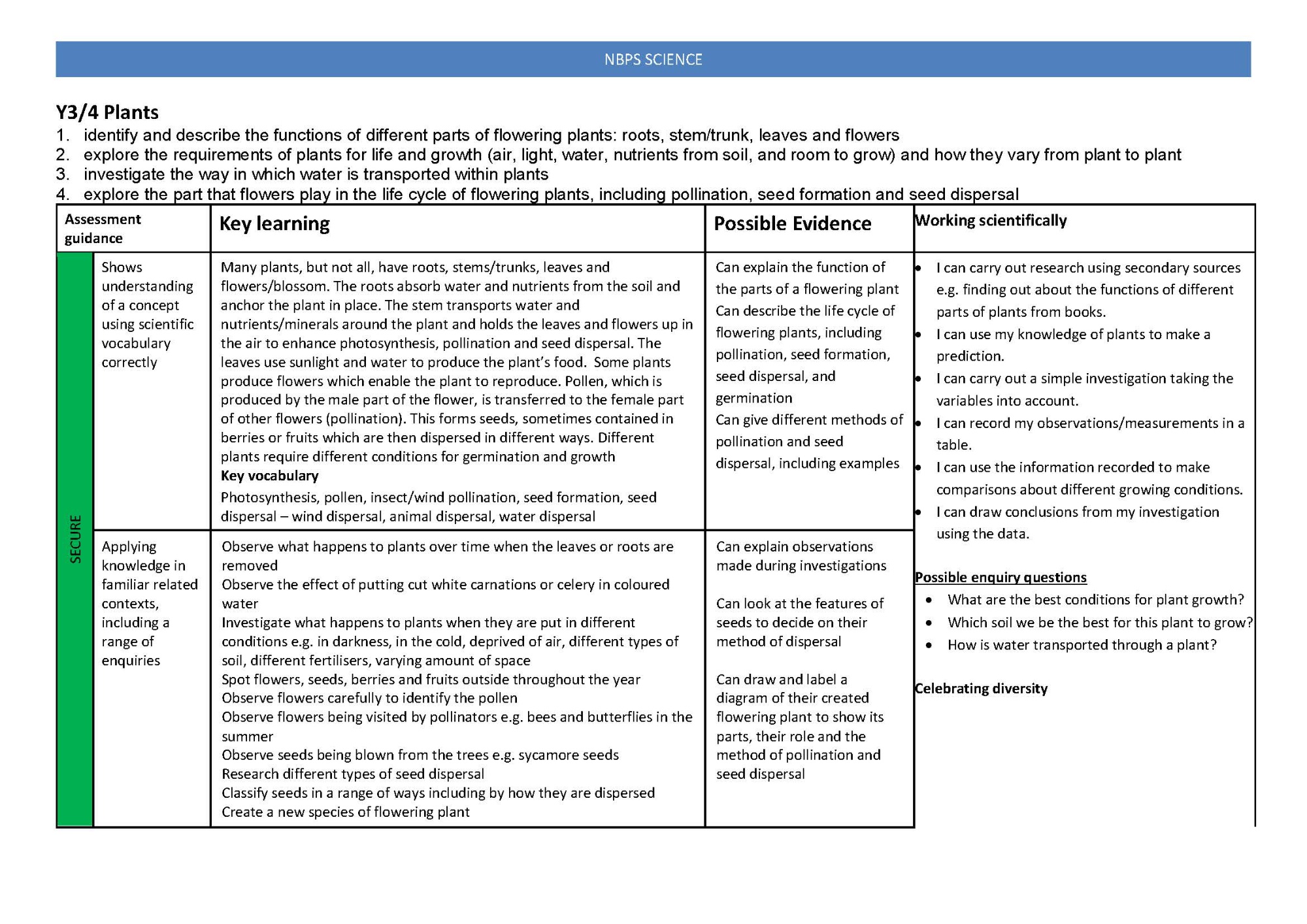
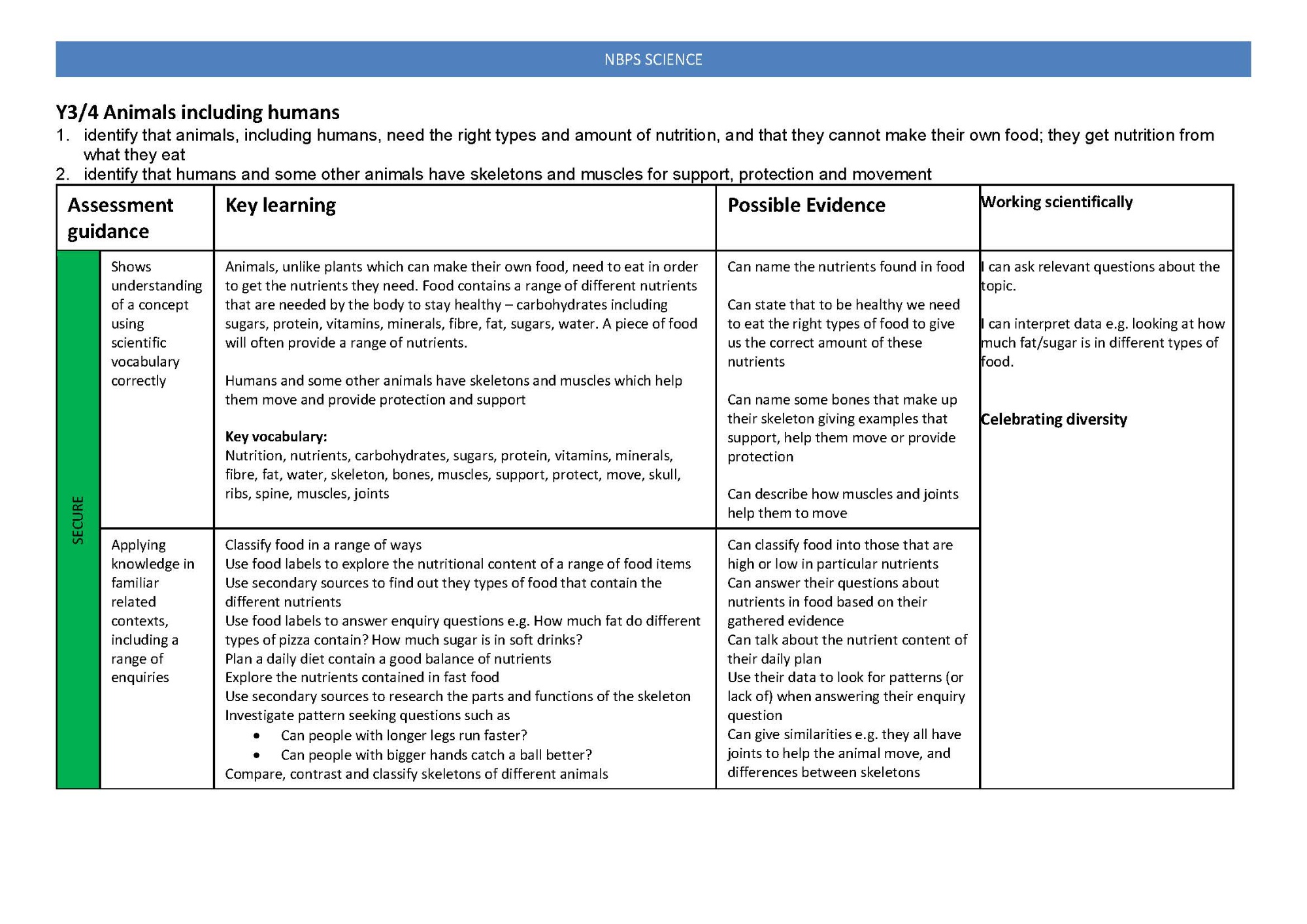
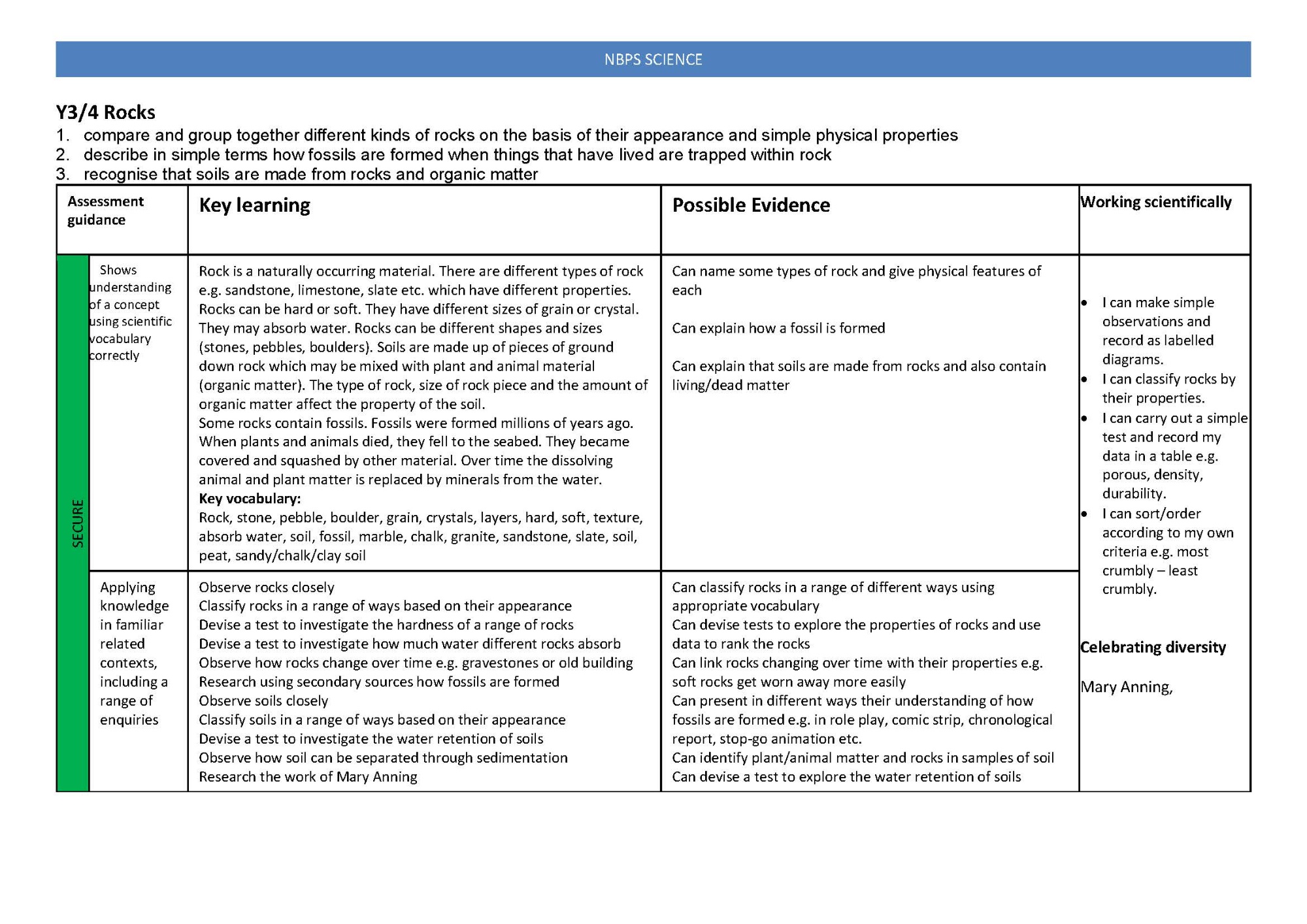
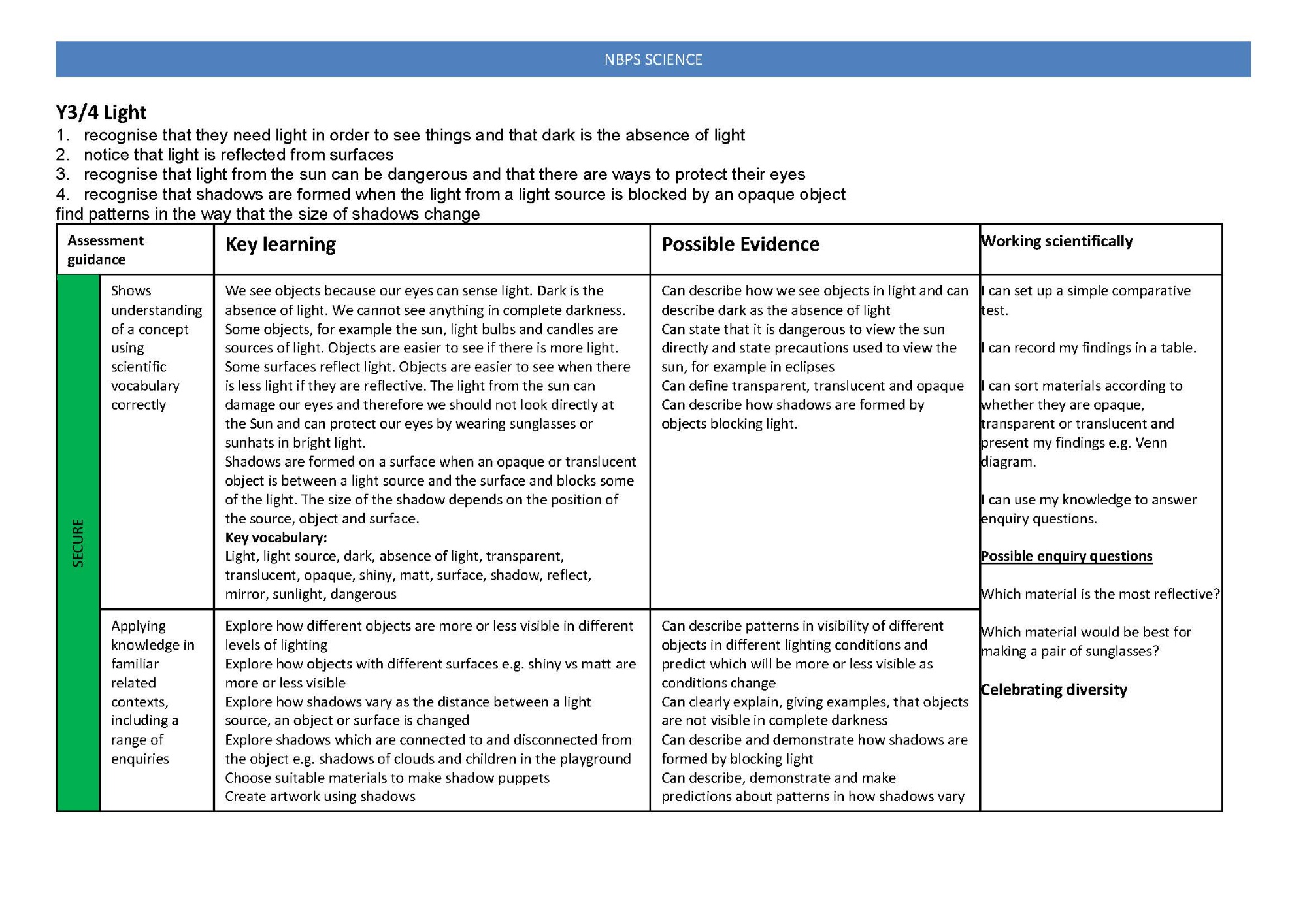
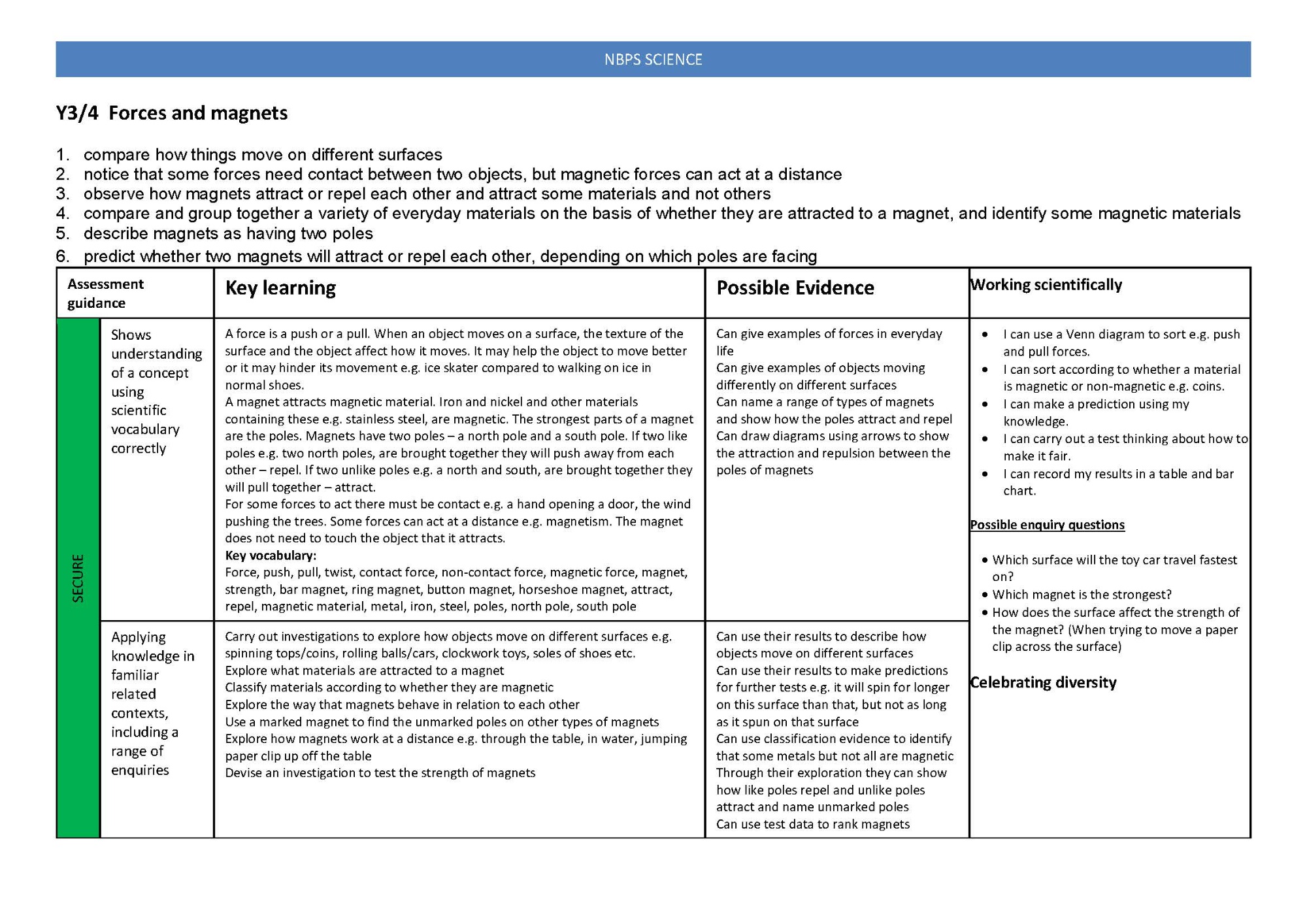
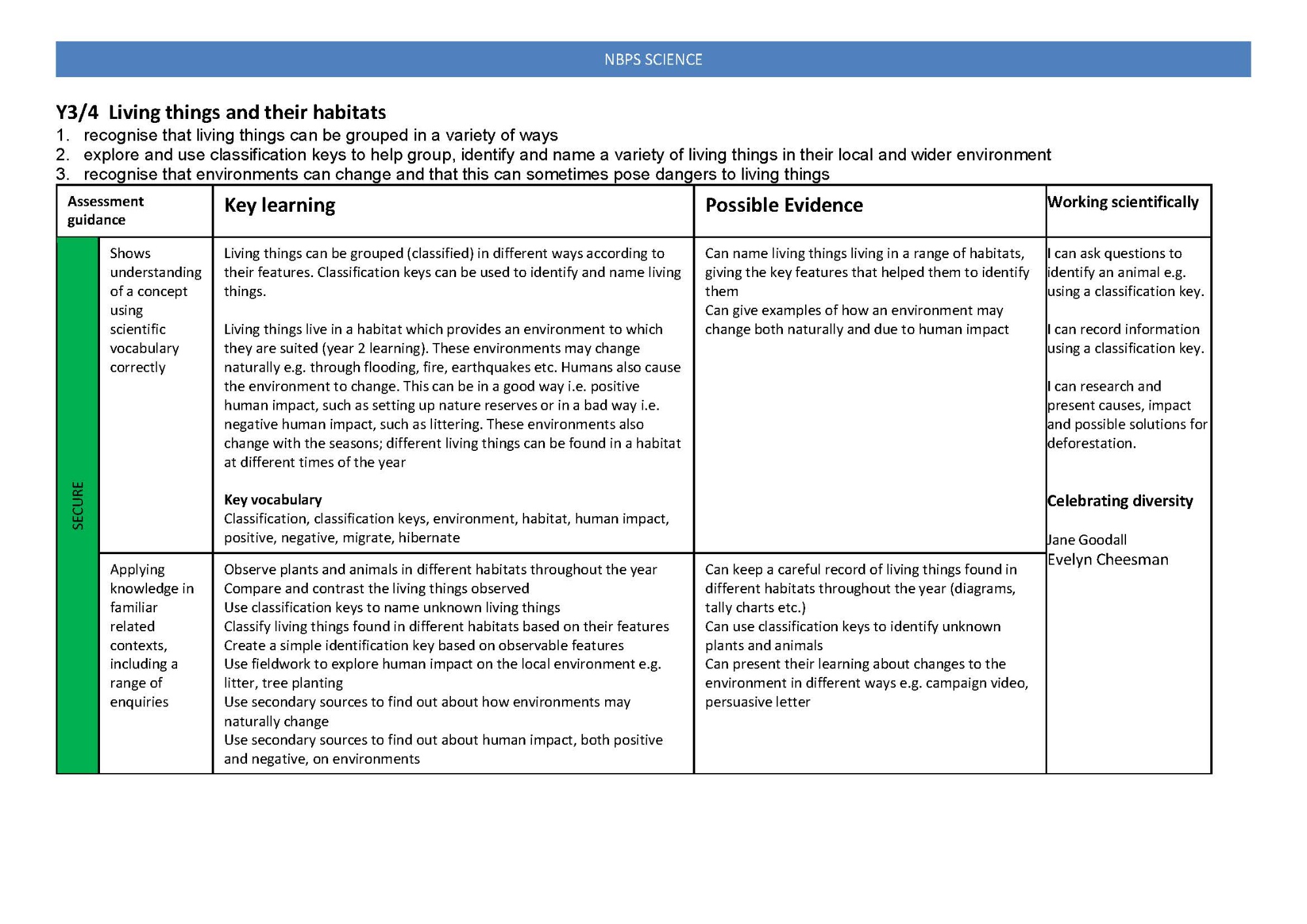

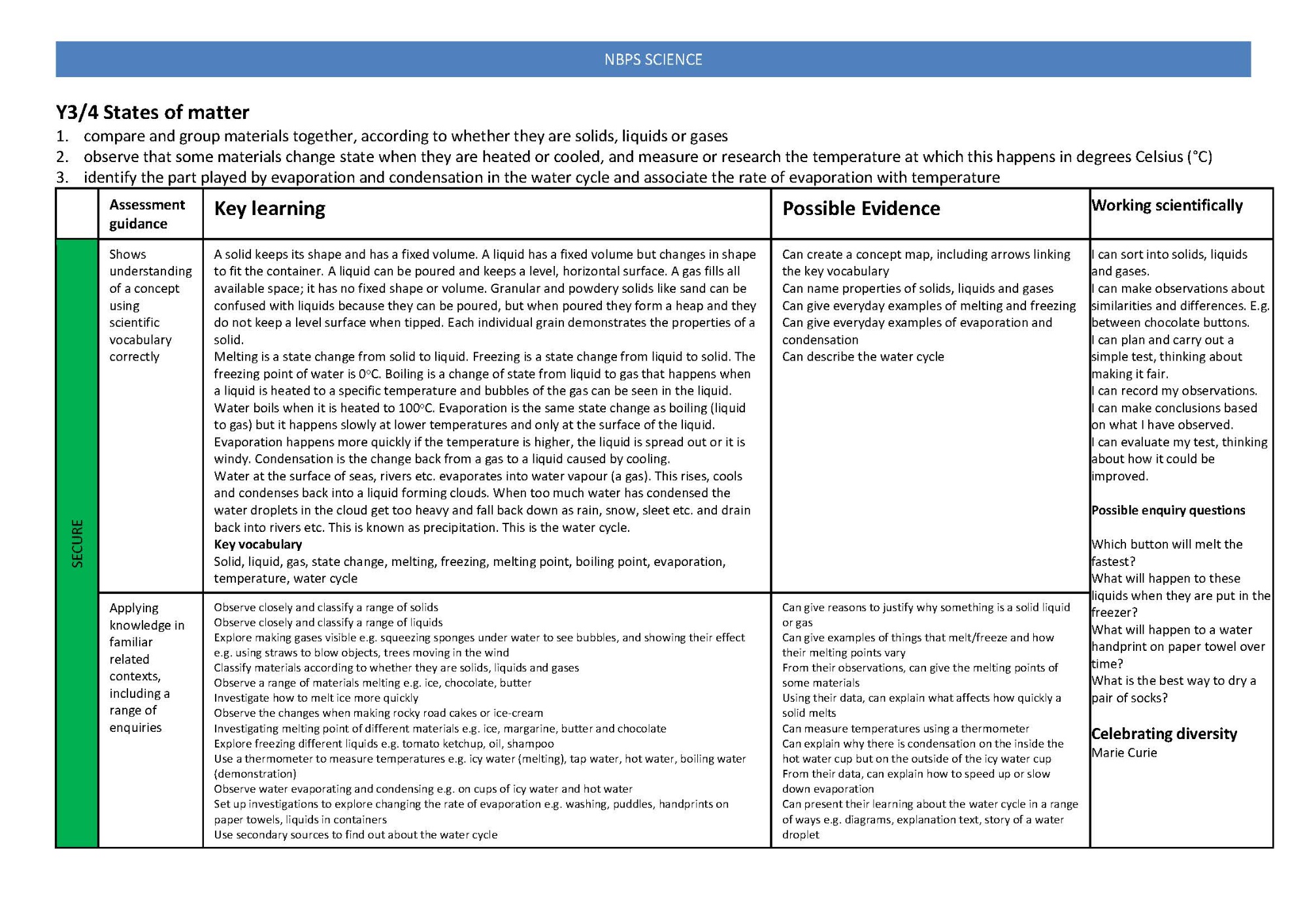
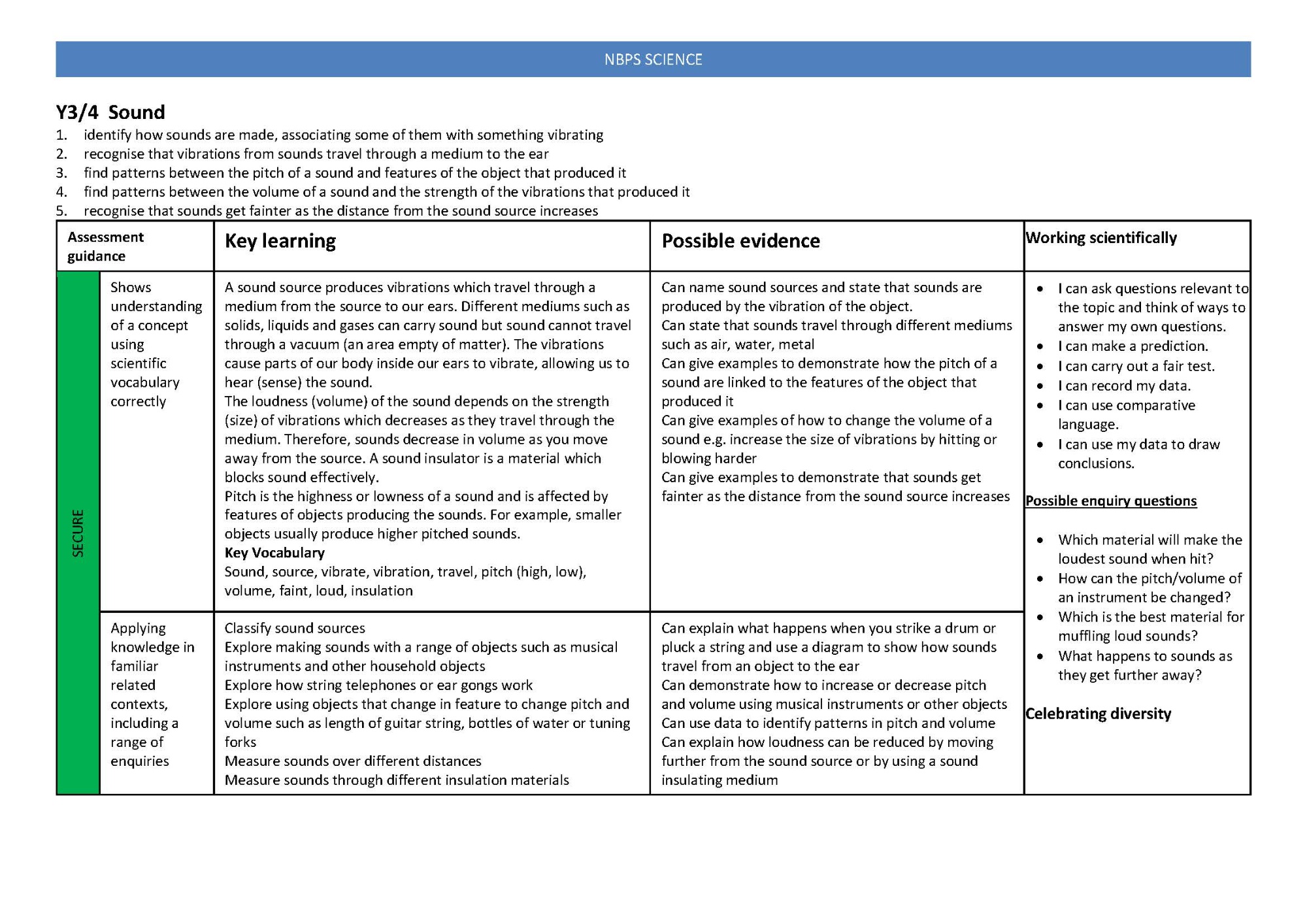
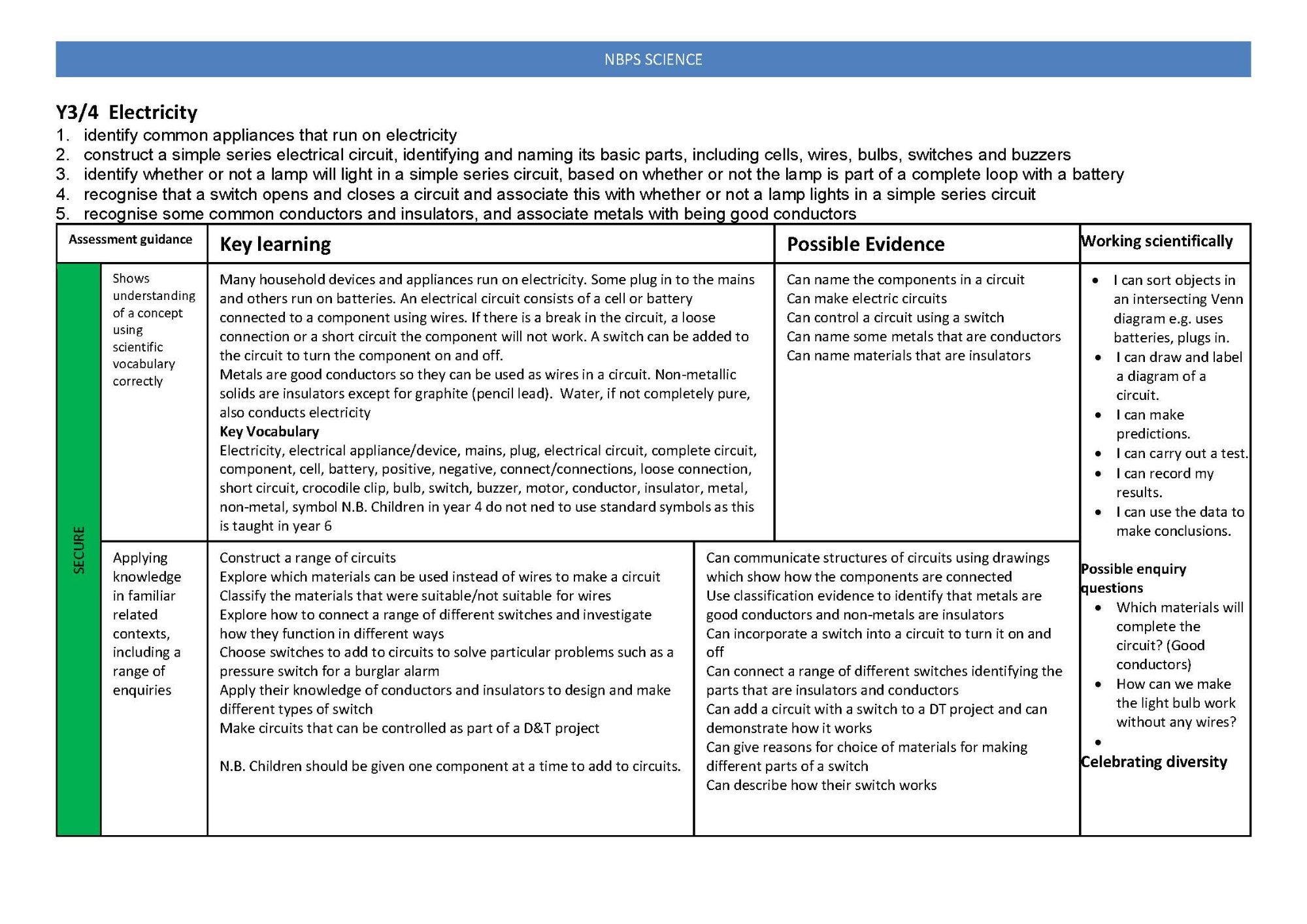
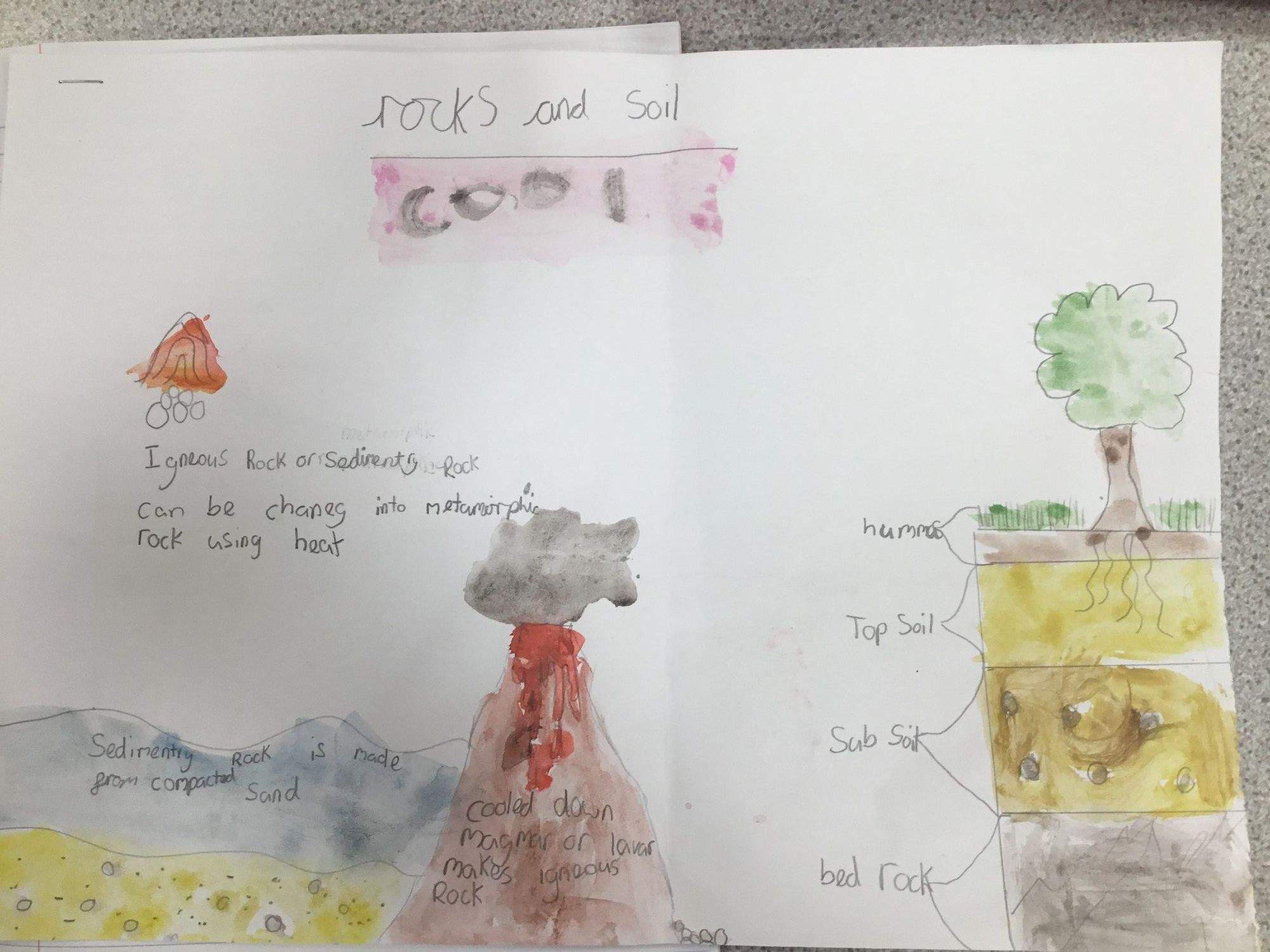
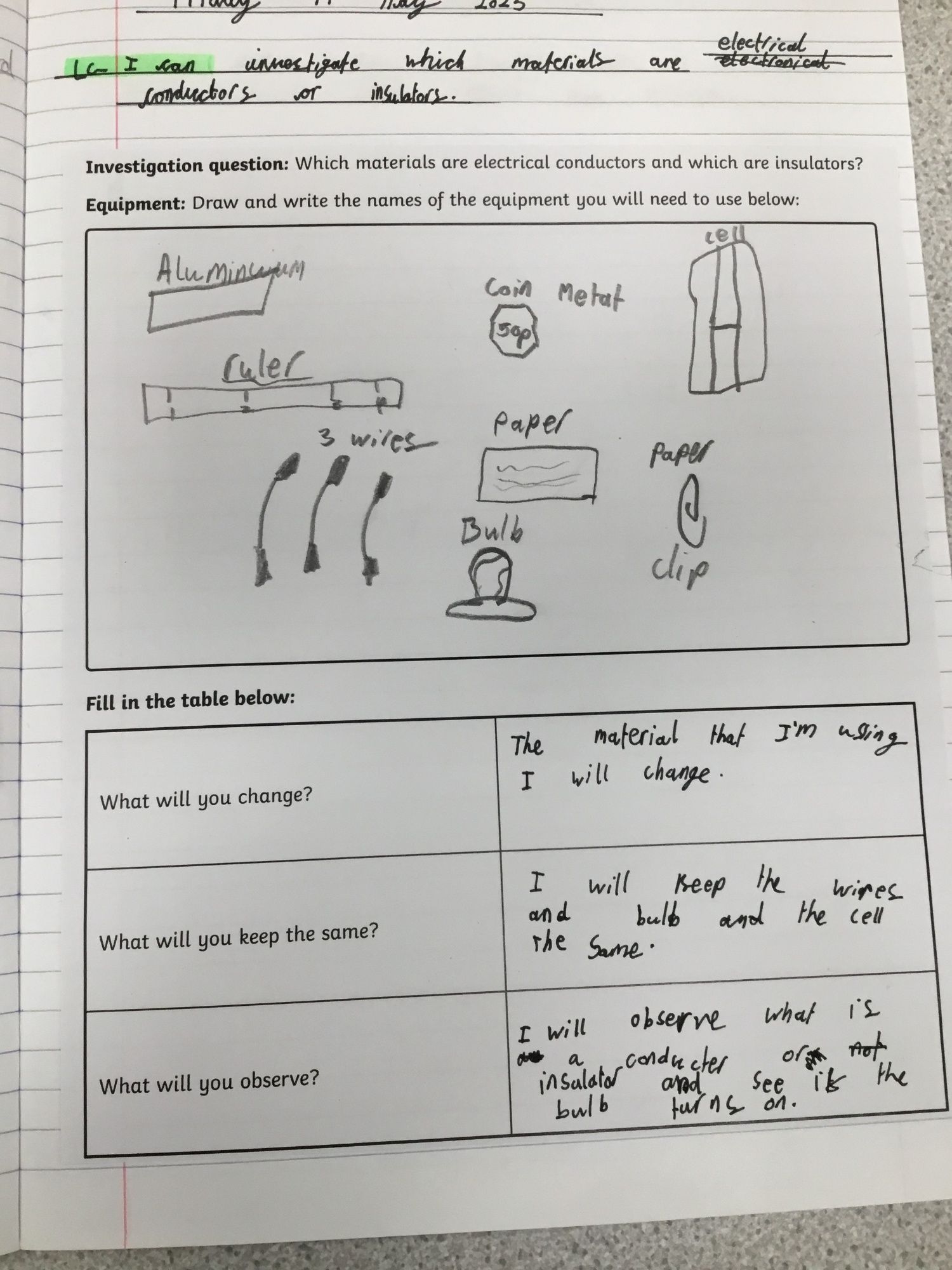
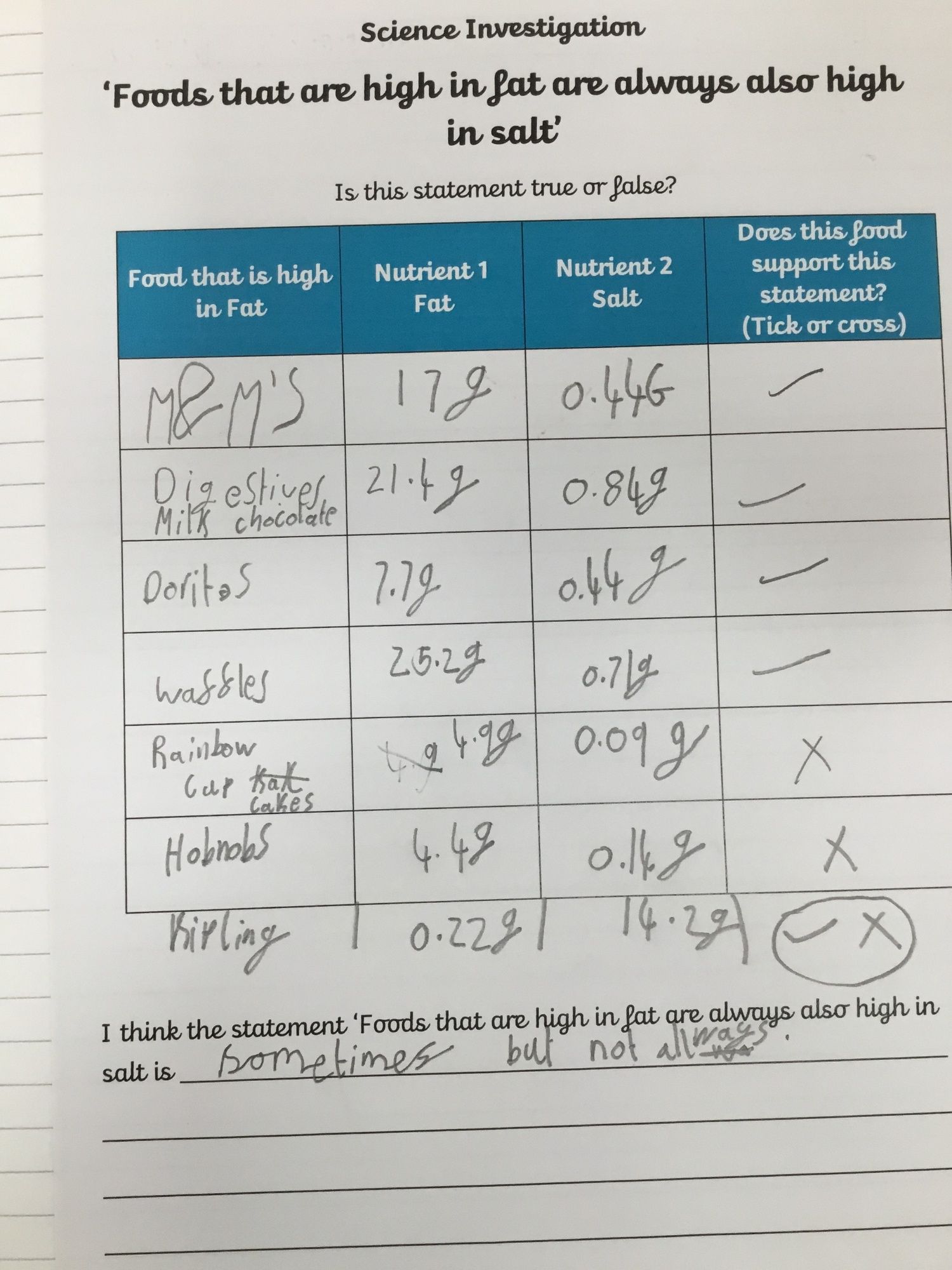
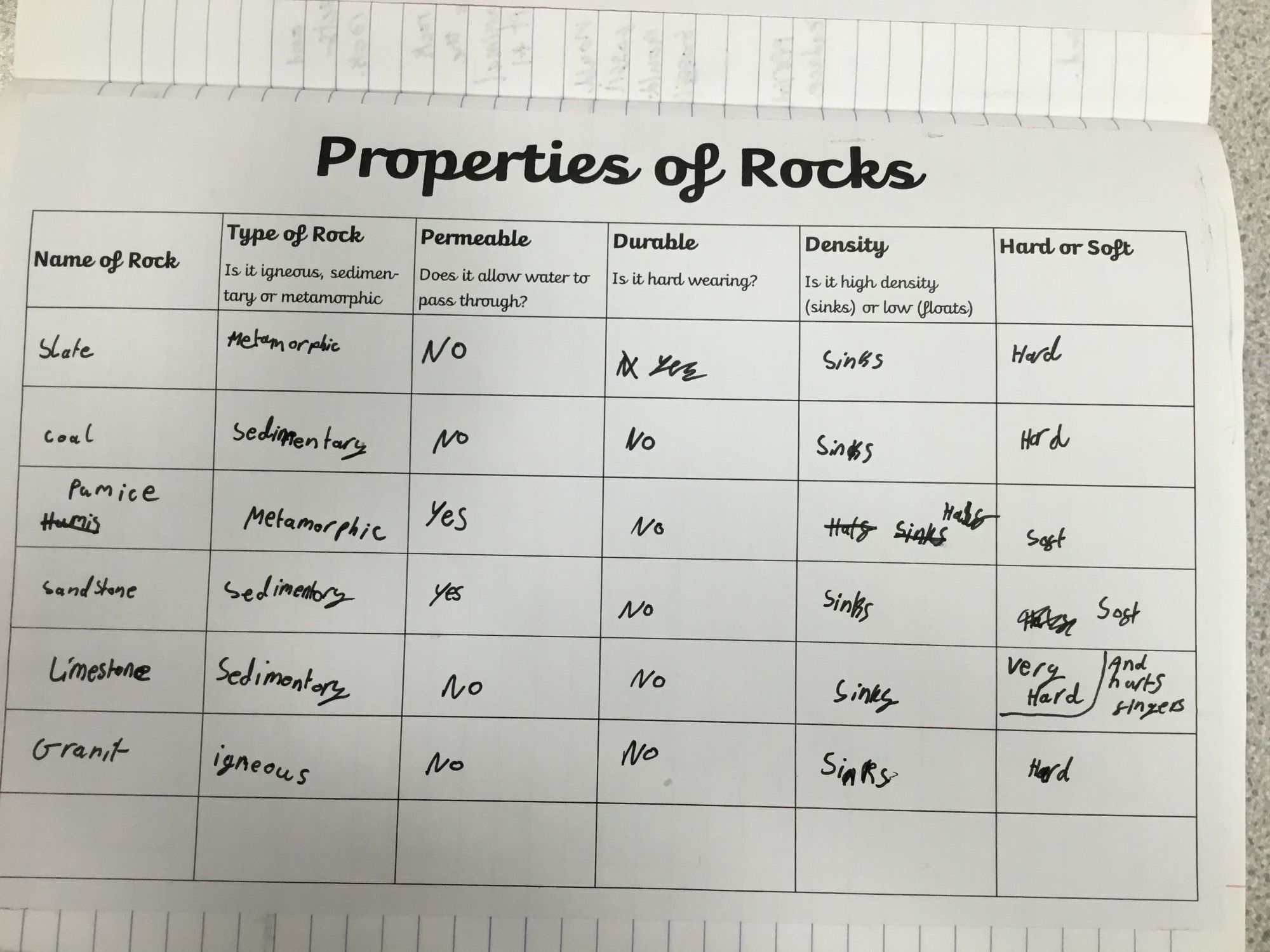
year 5 and 6 units
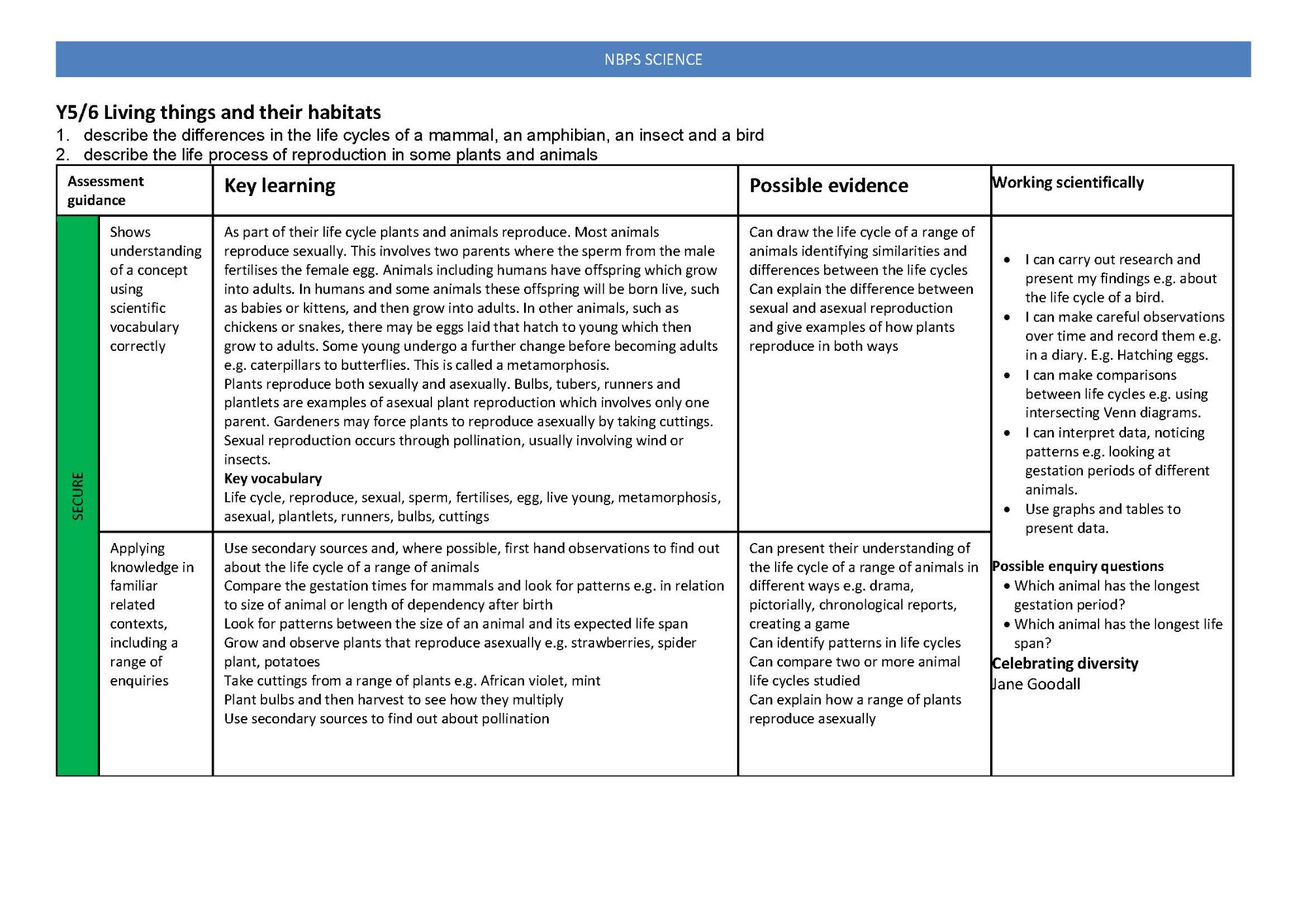
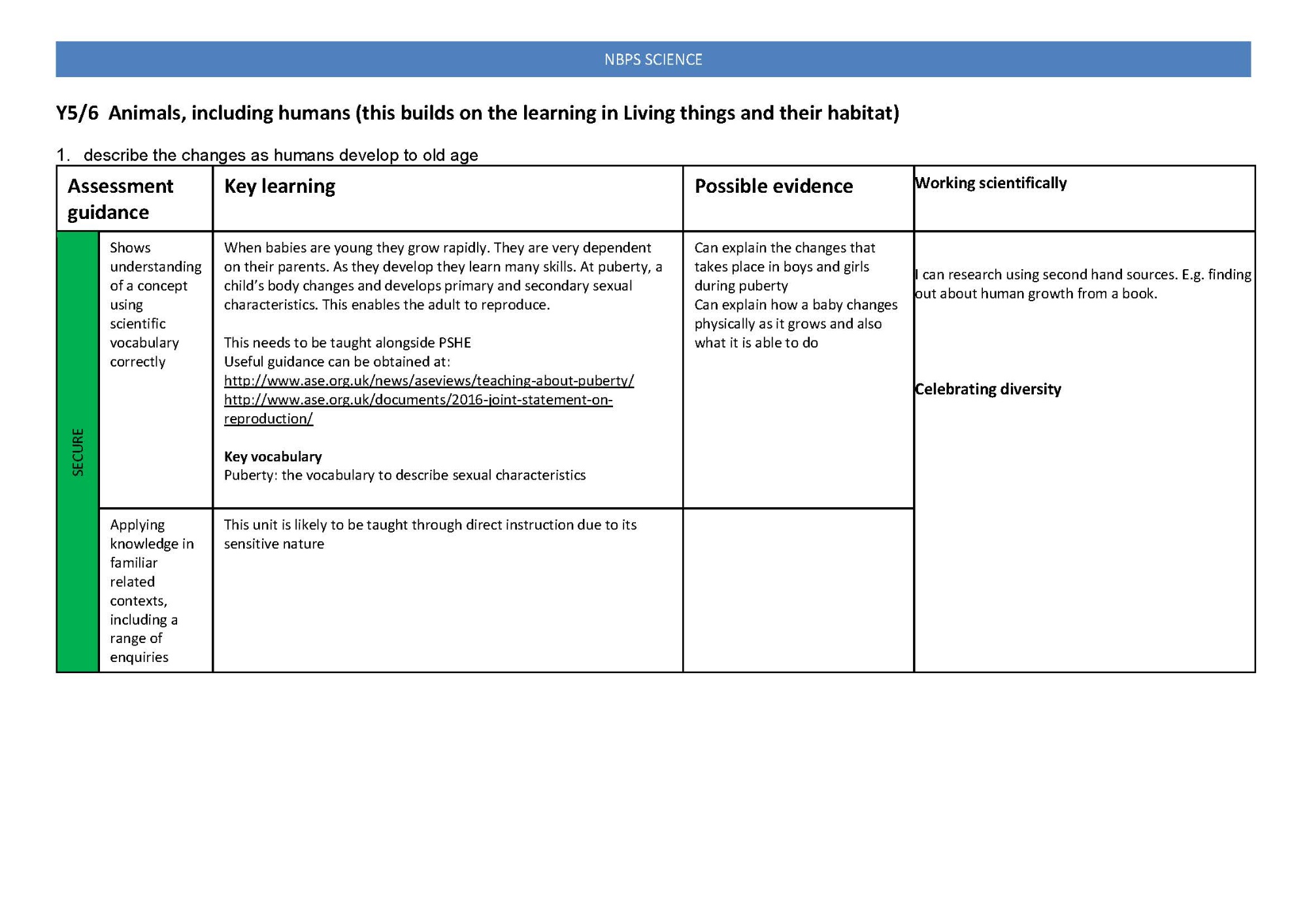
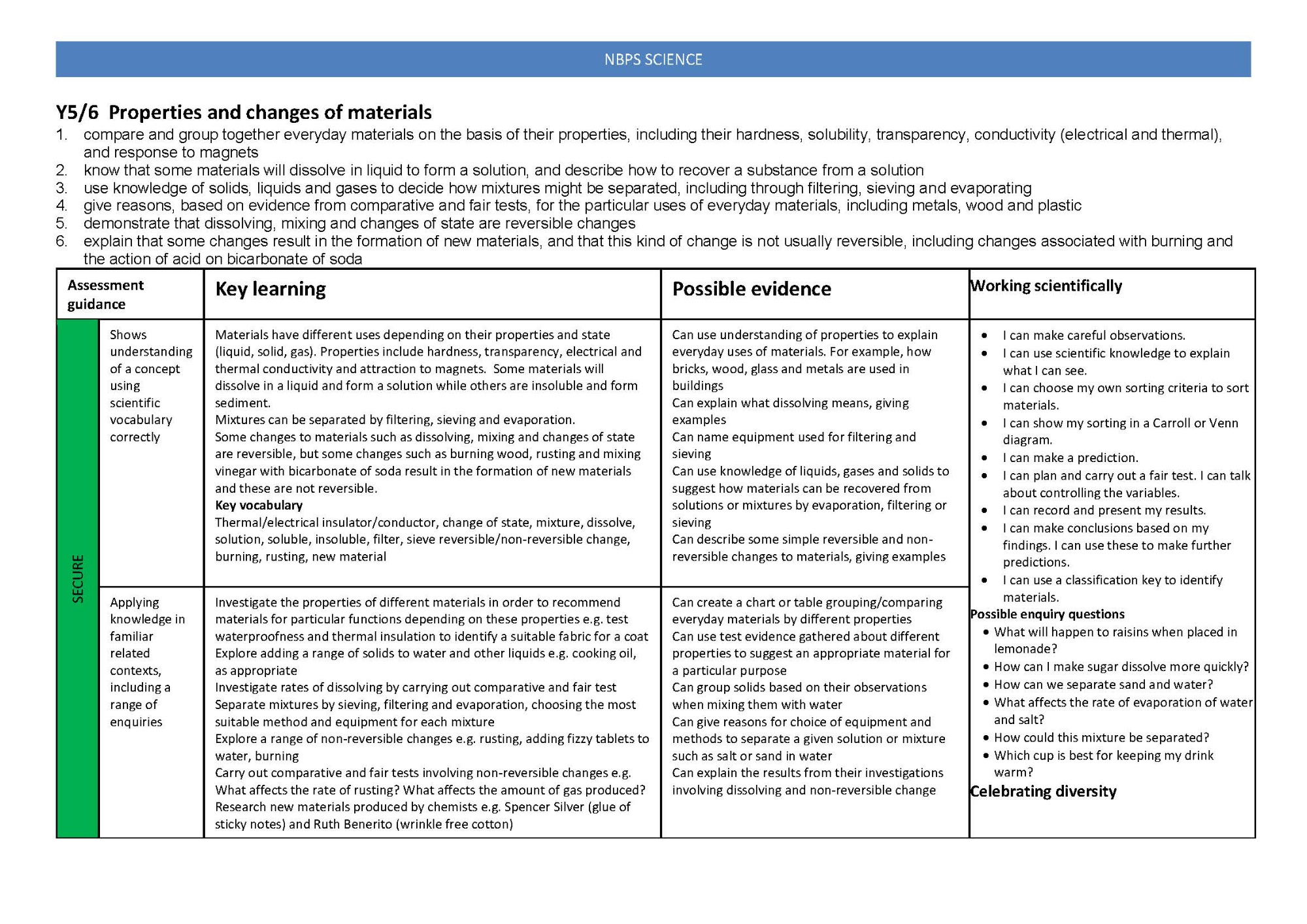
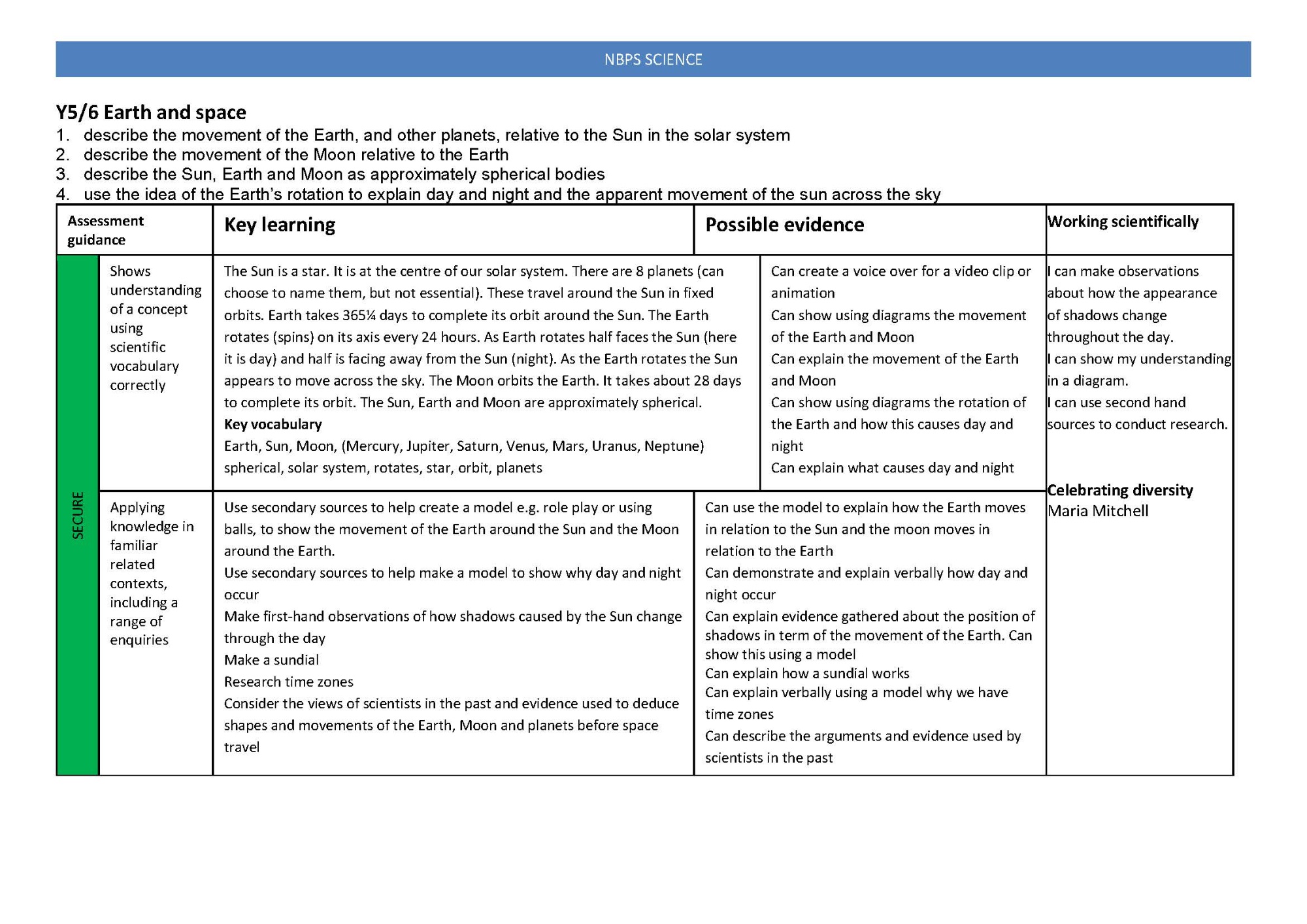
#
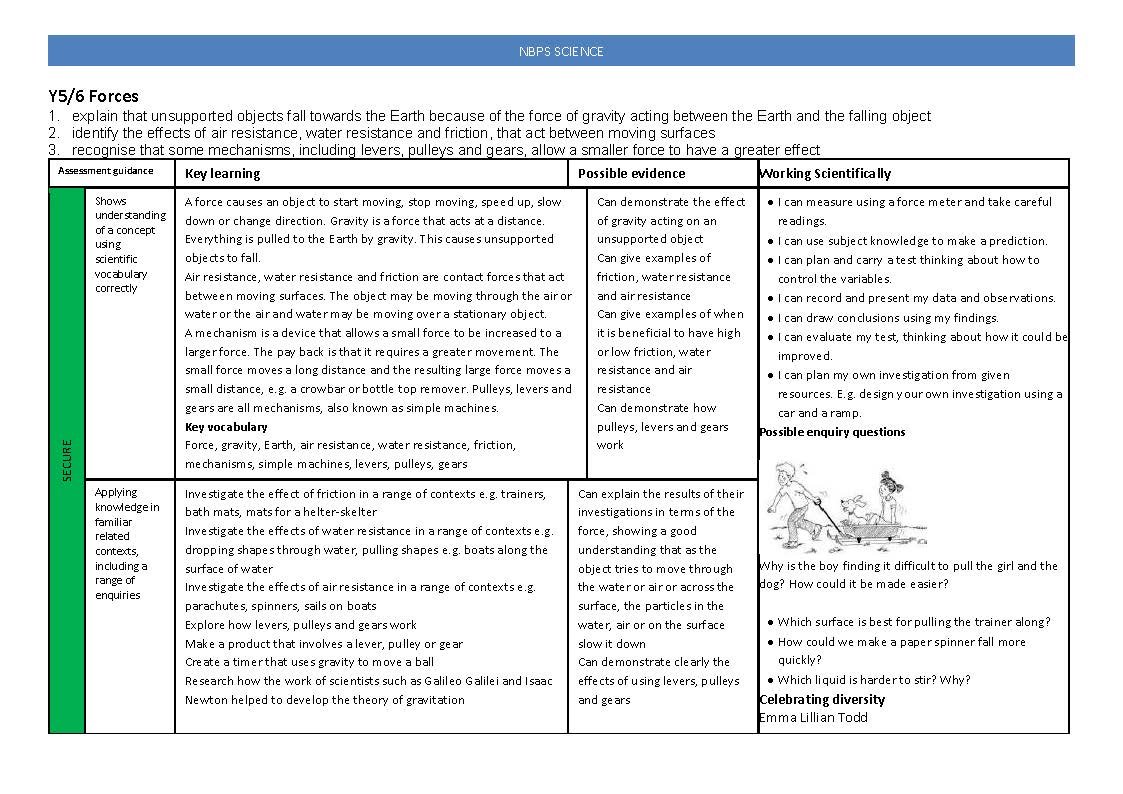
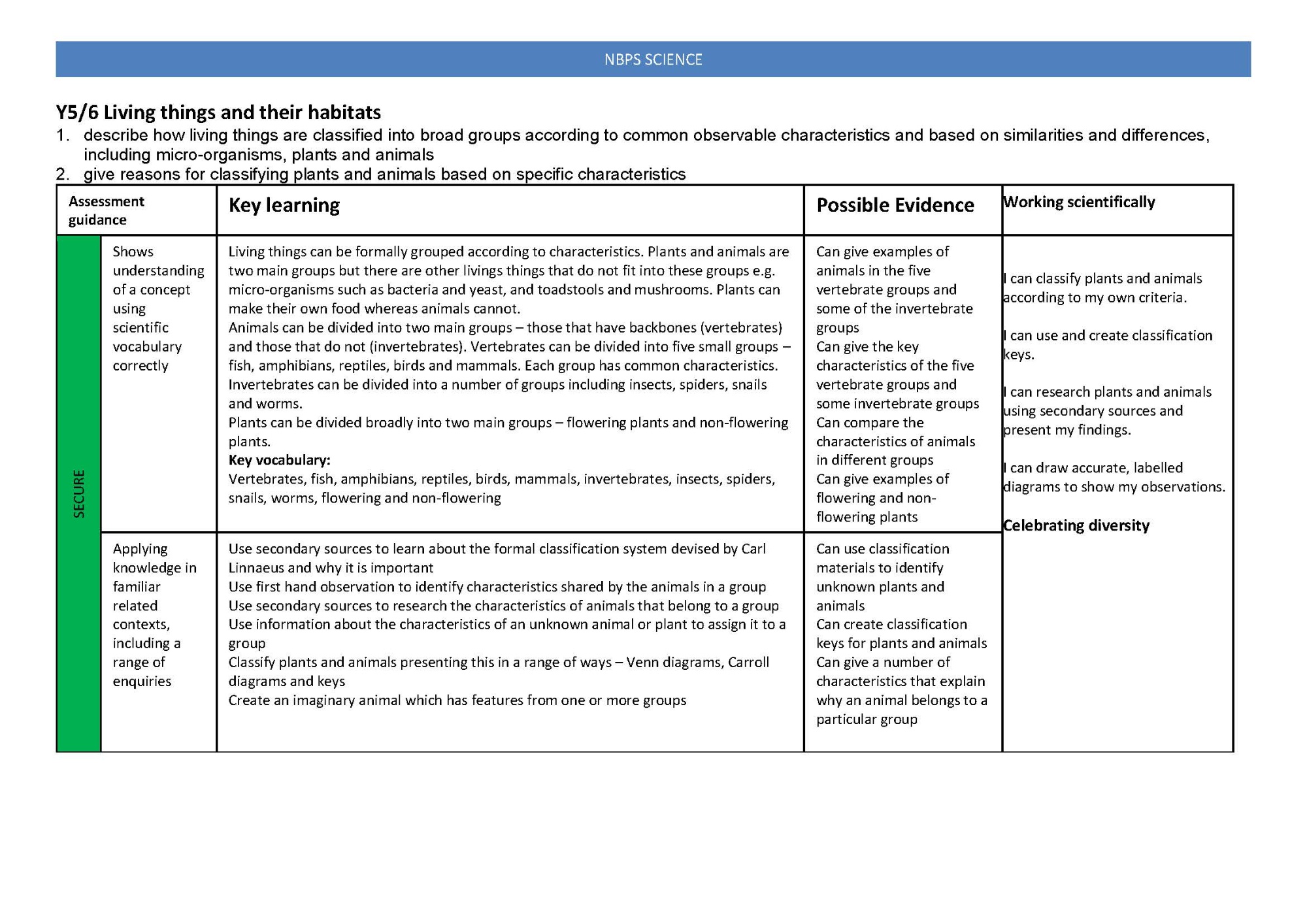
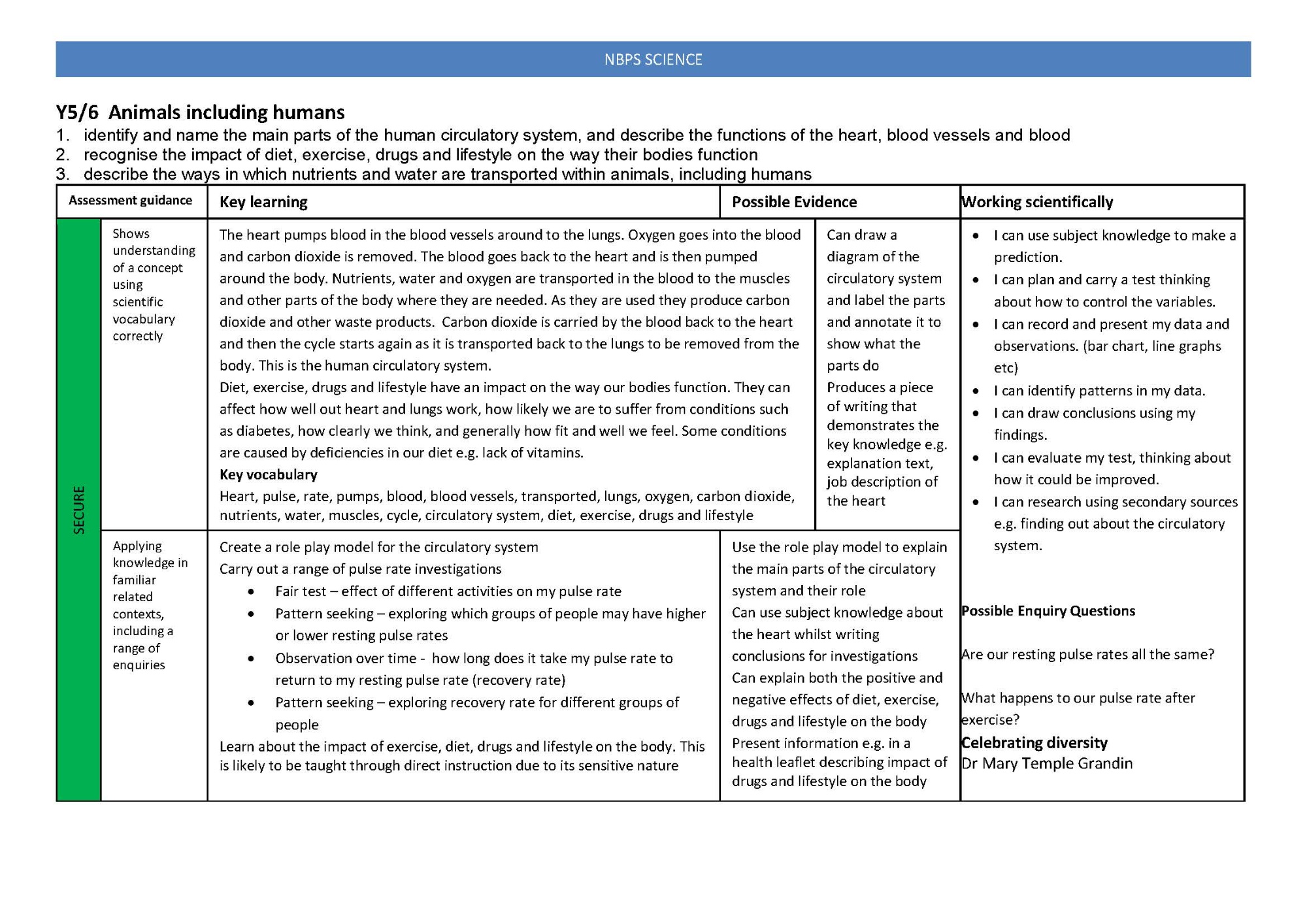
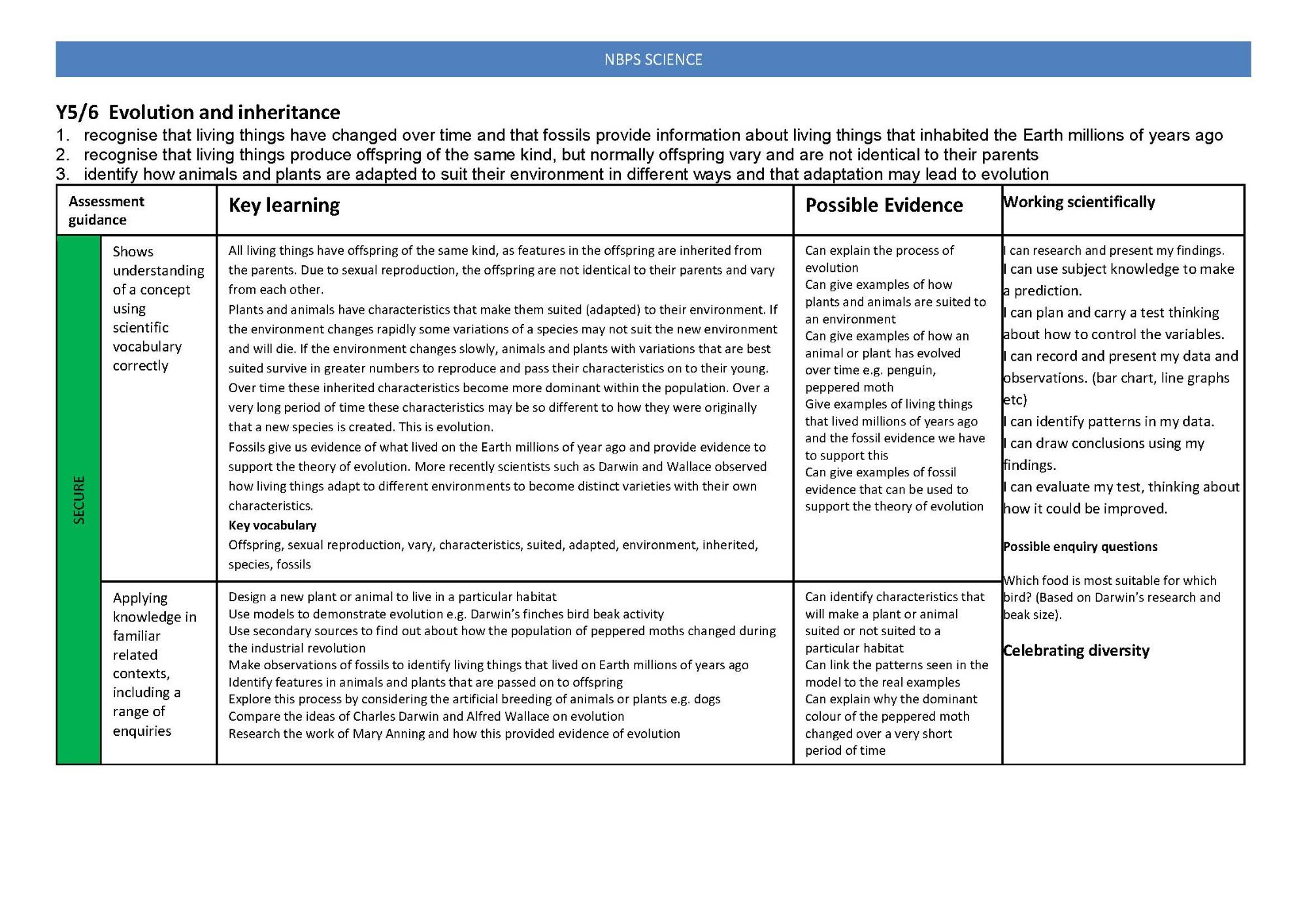
The children were presented with a variety of evidence and asked to show an understanding of how humans have evolved.
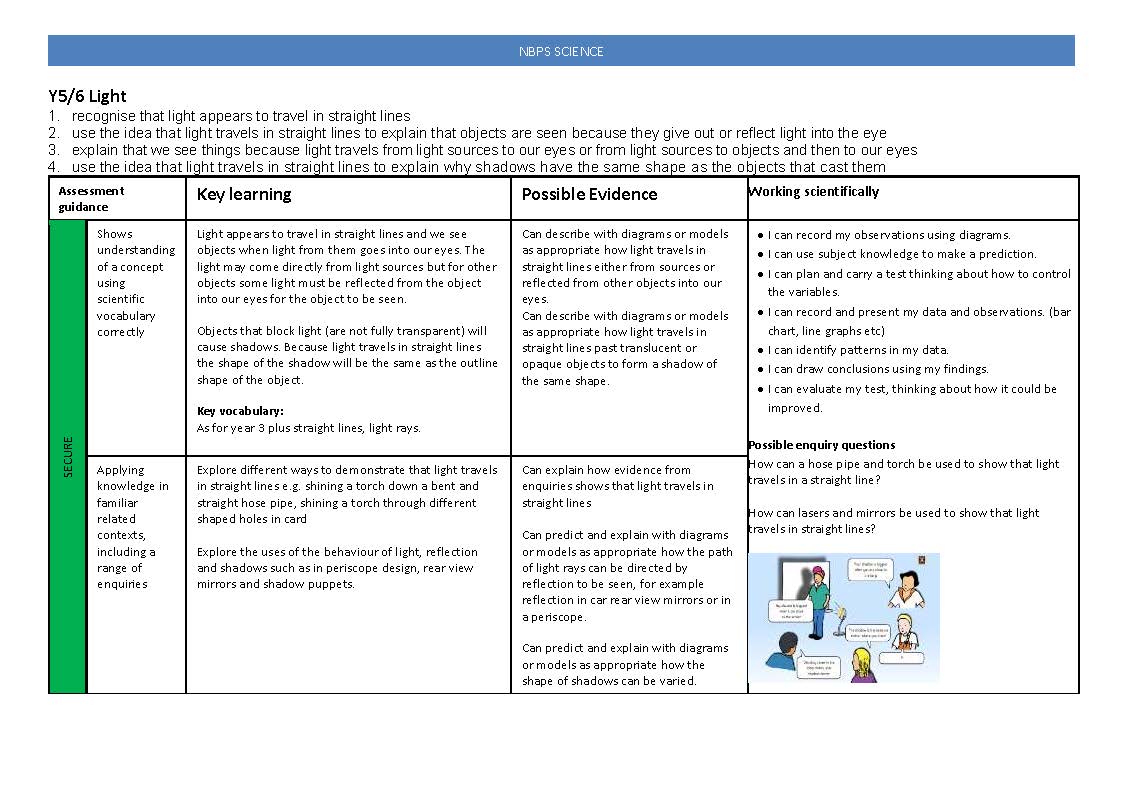
The children enjoyed making periscopes to better understand how mirrors reflect light and help us see objects:
